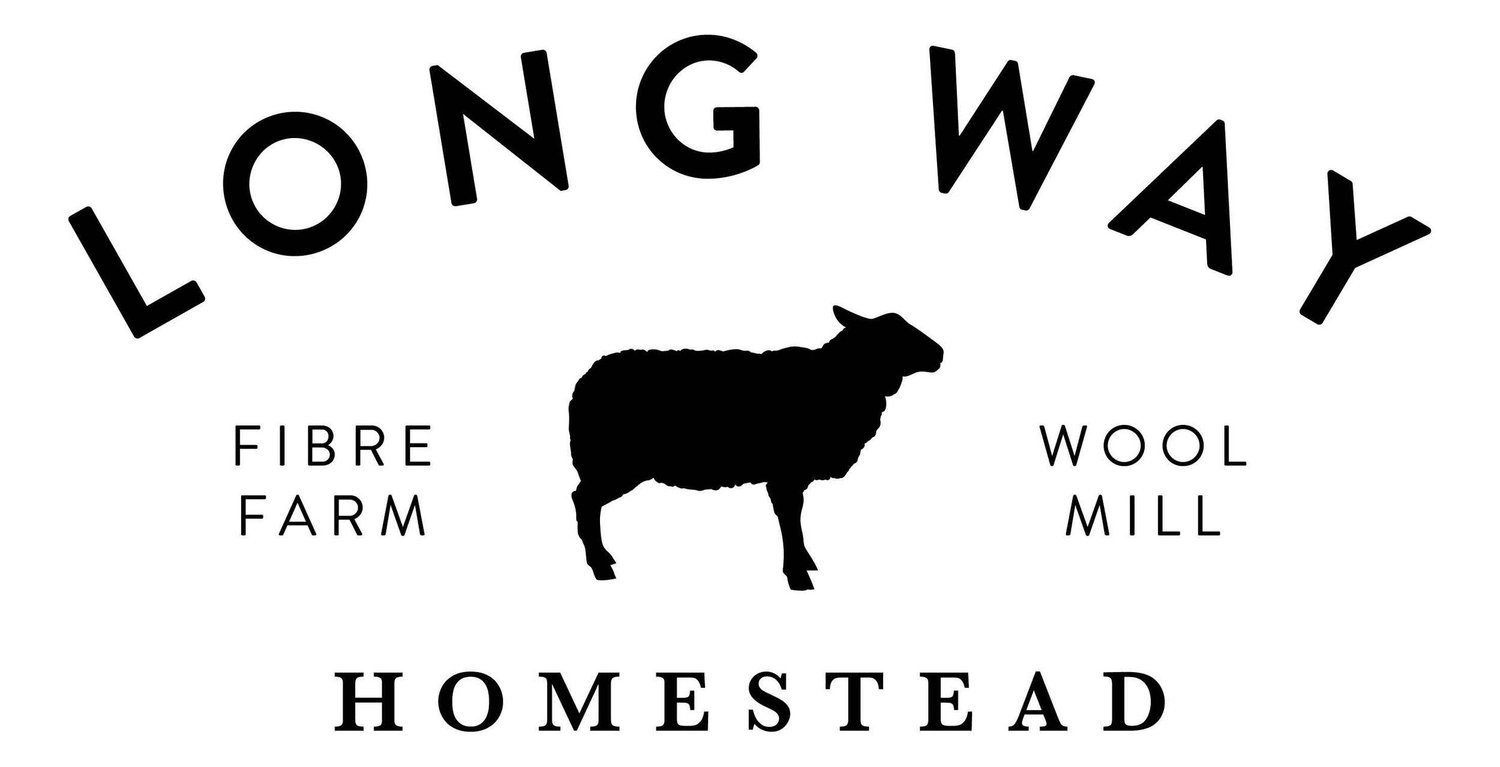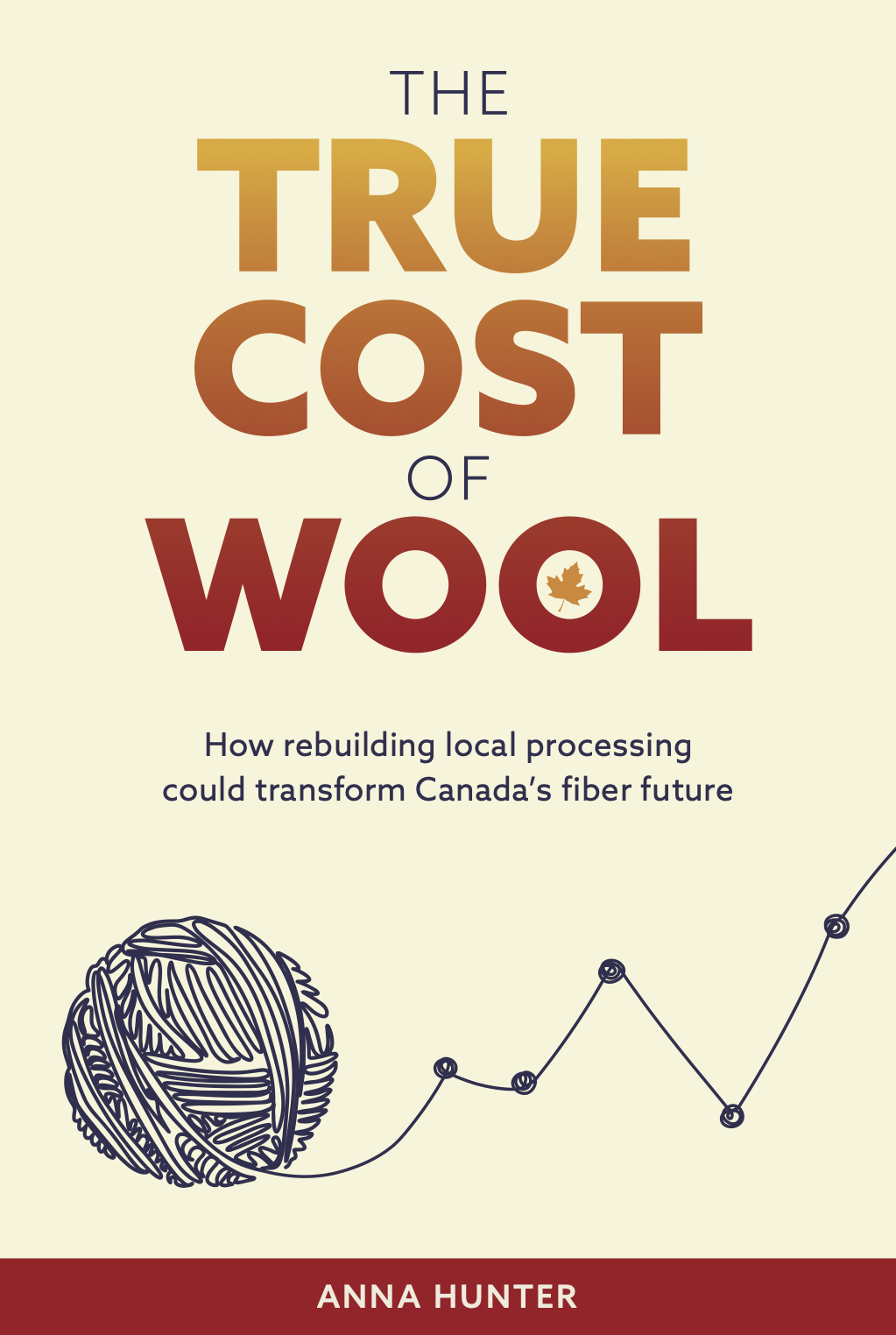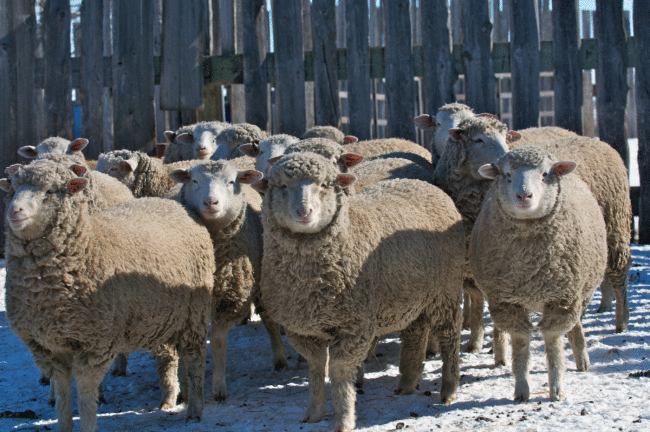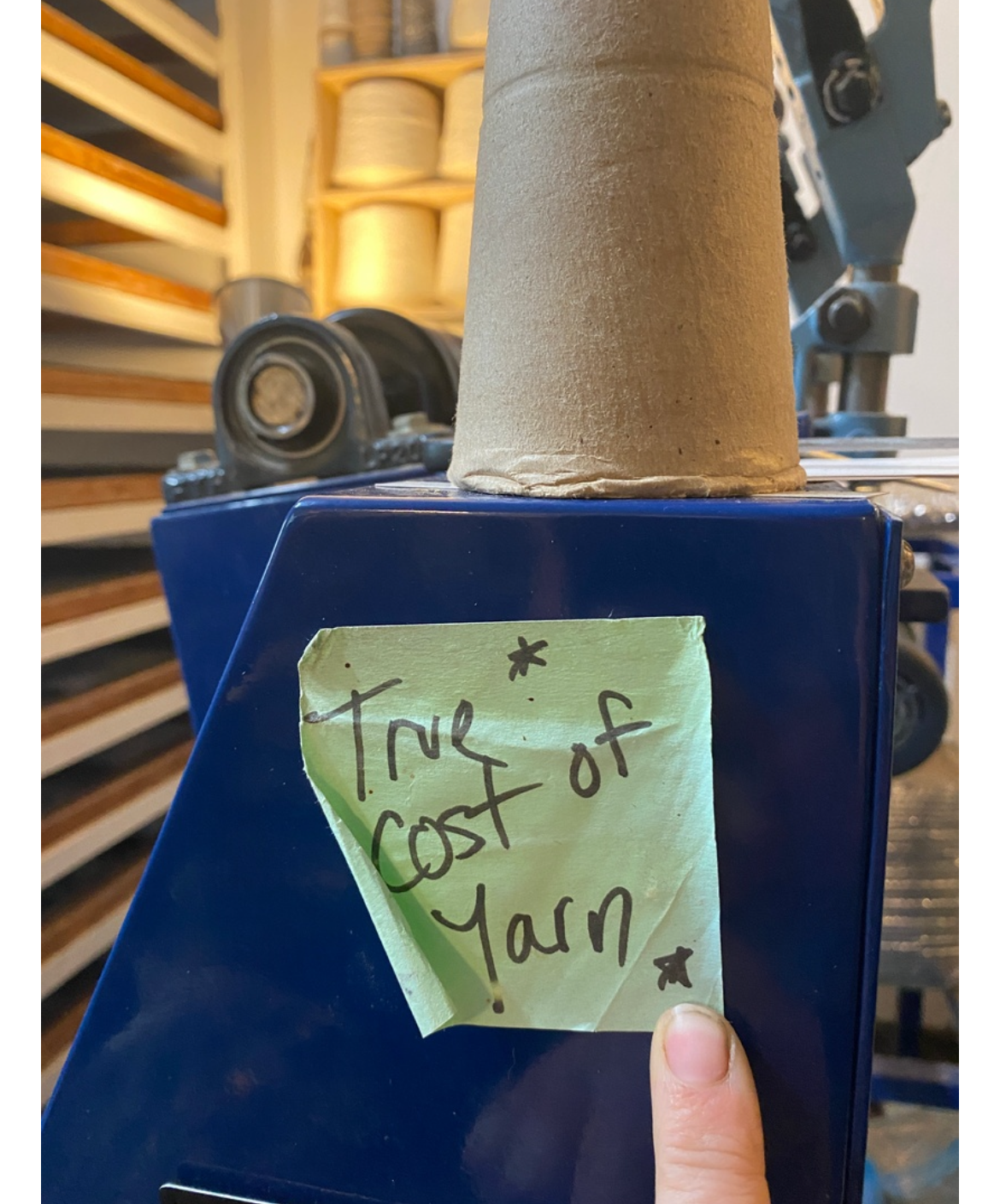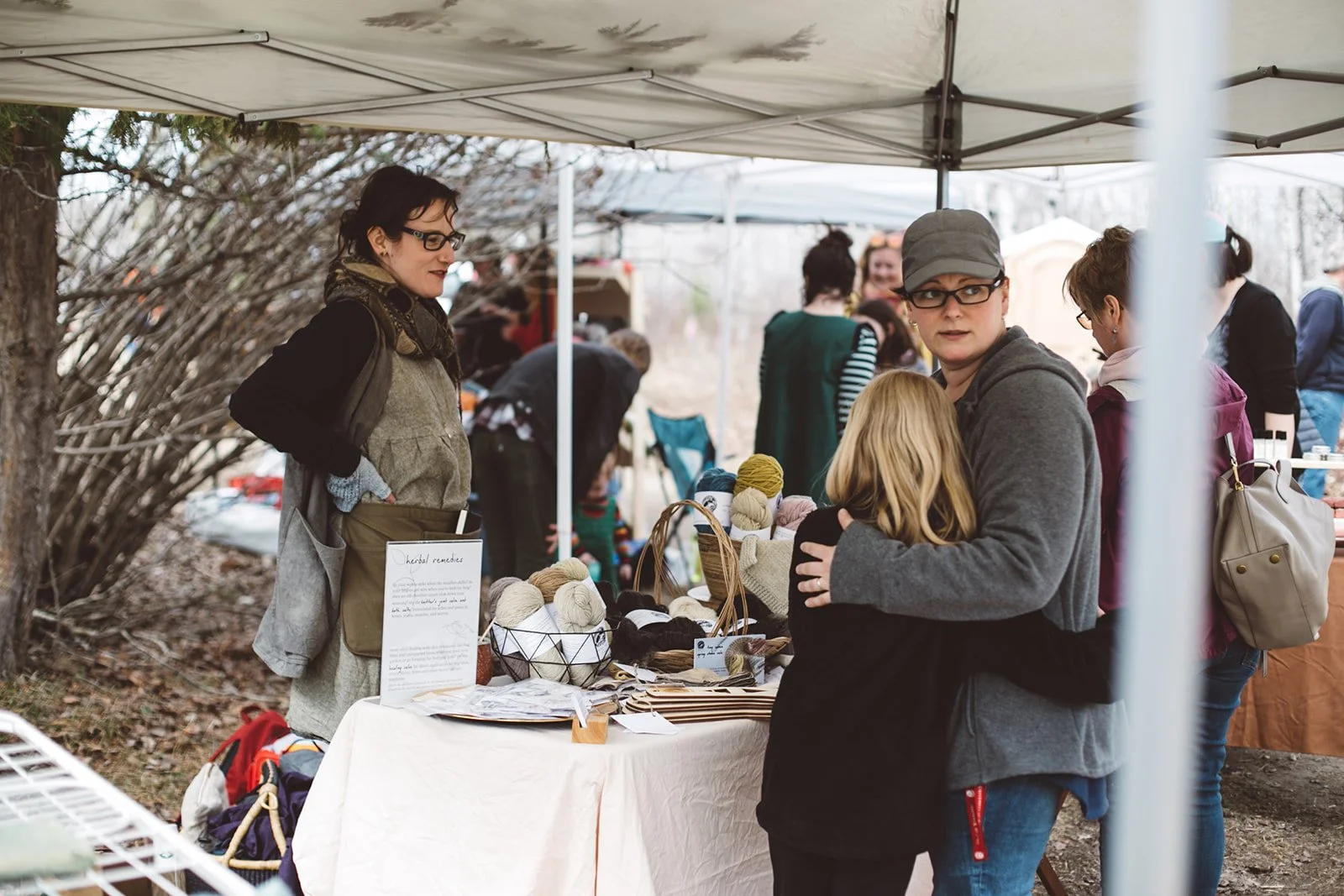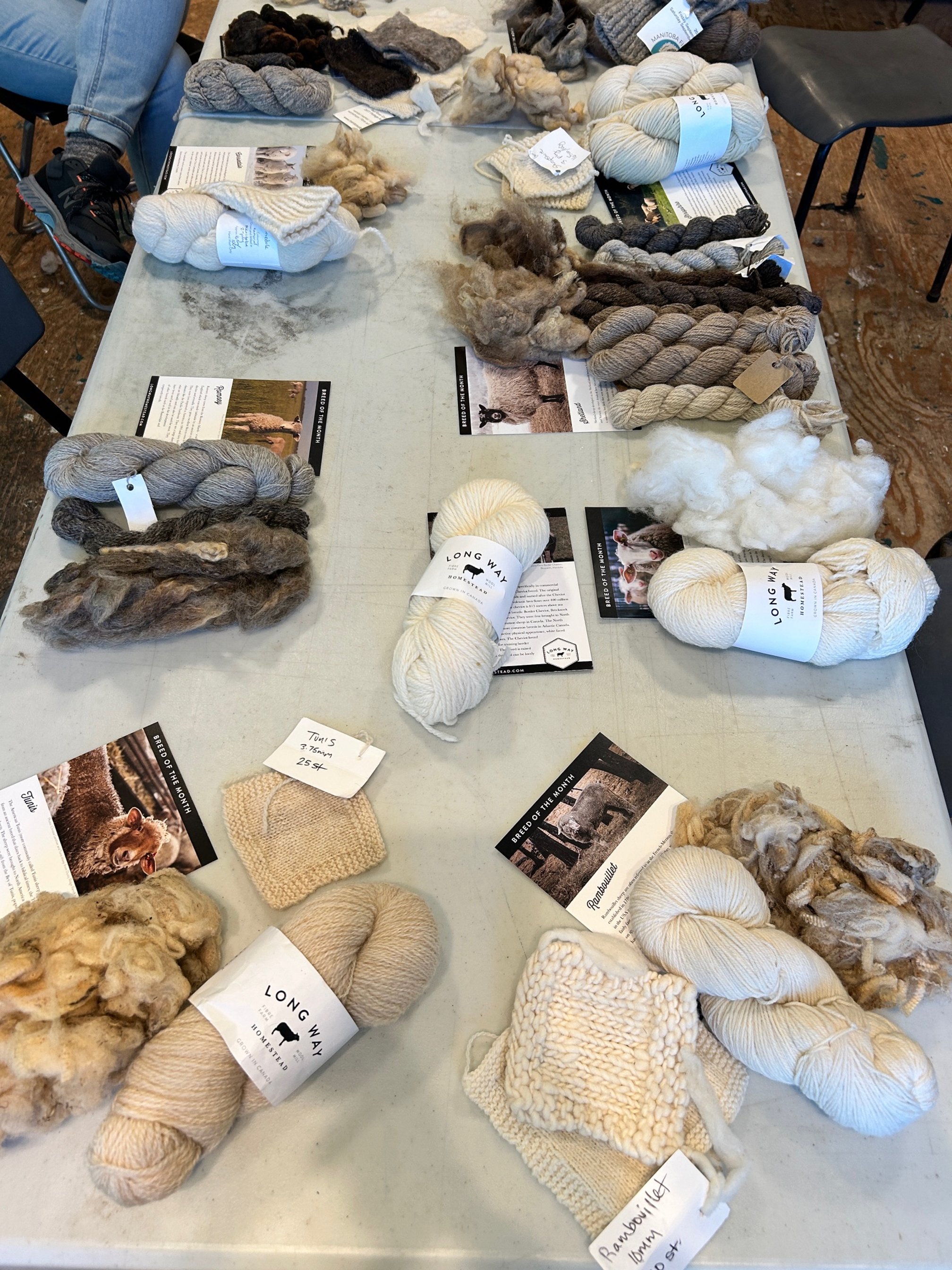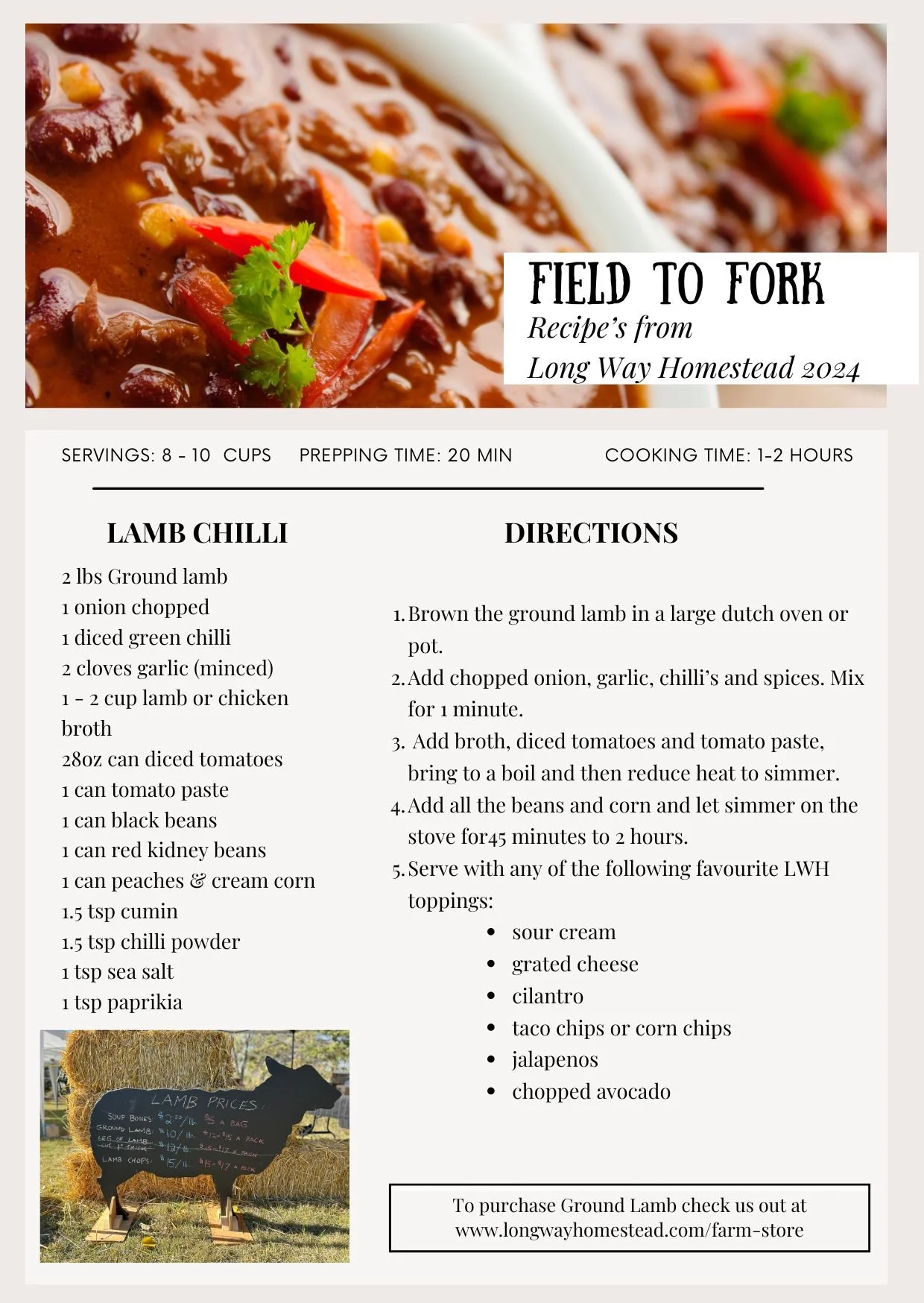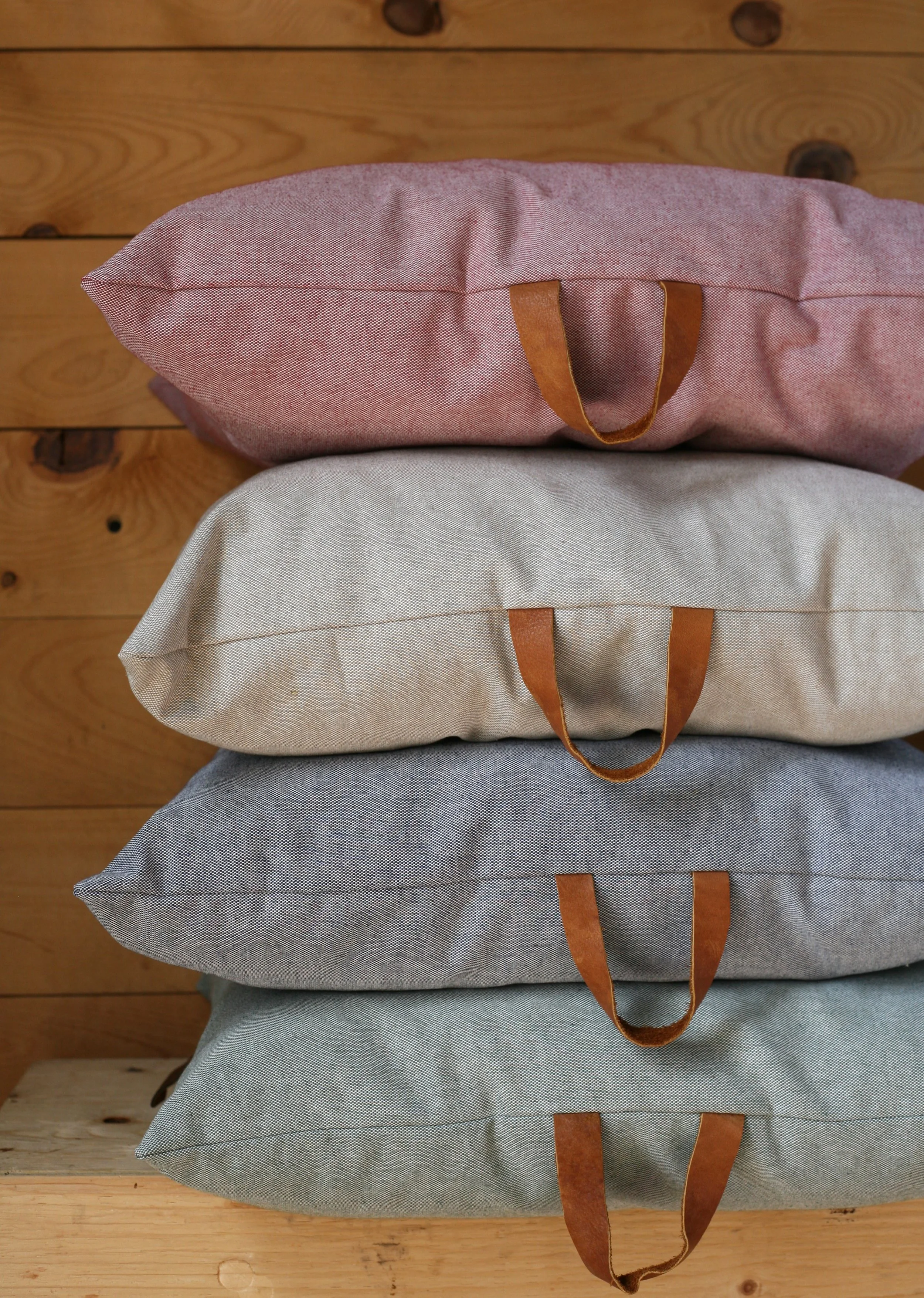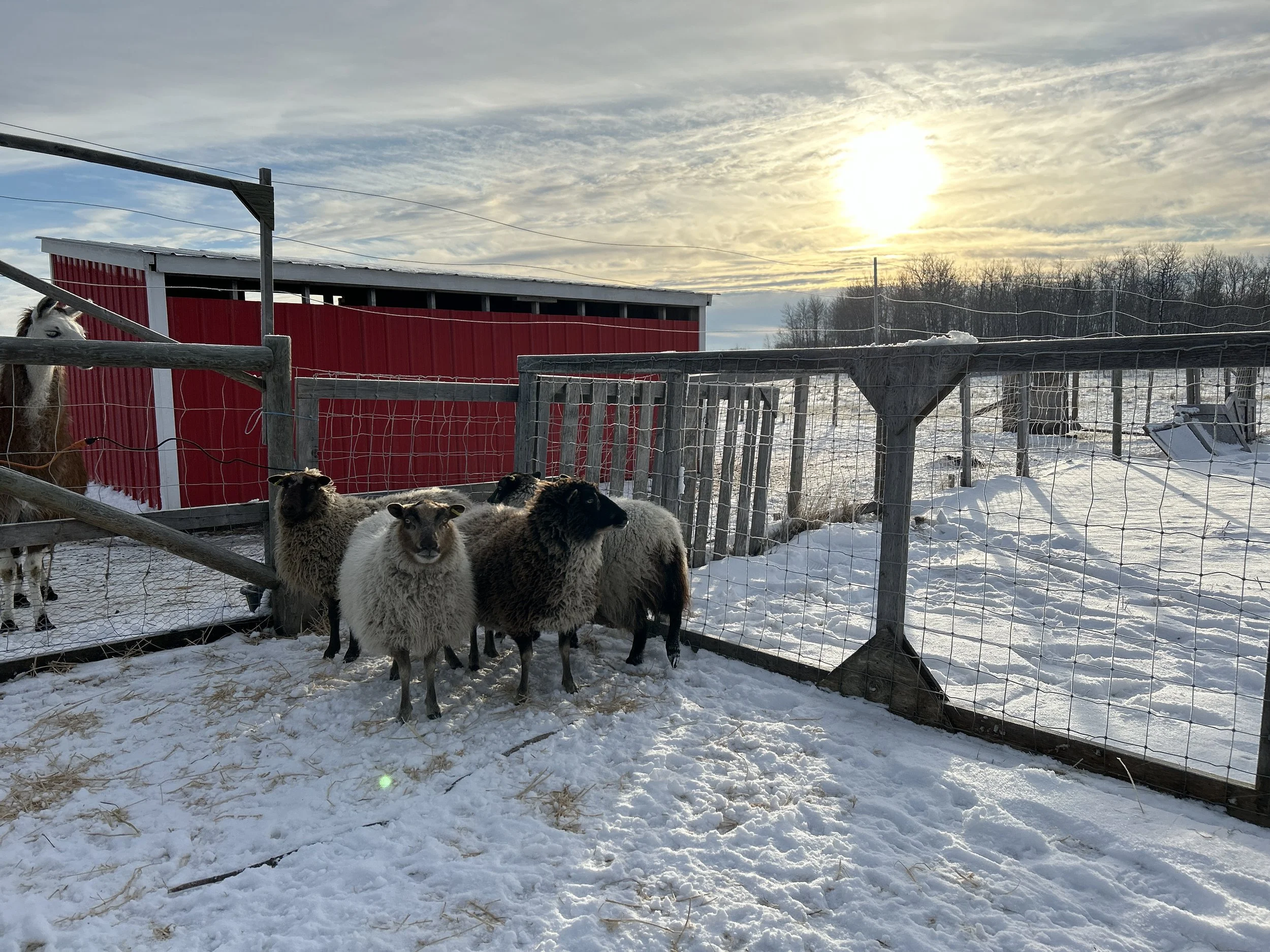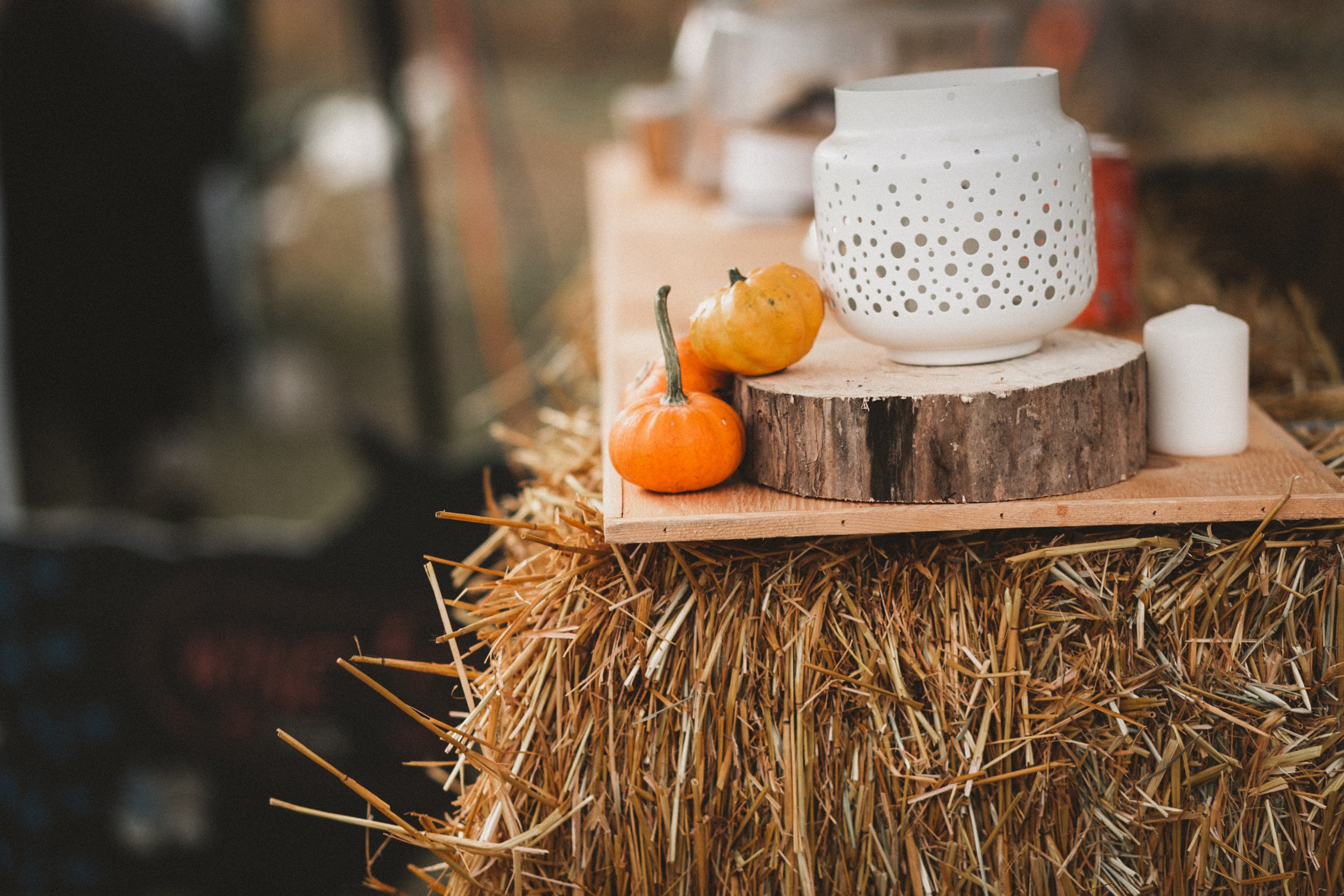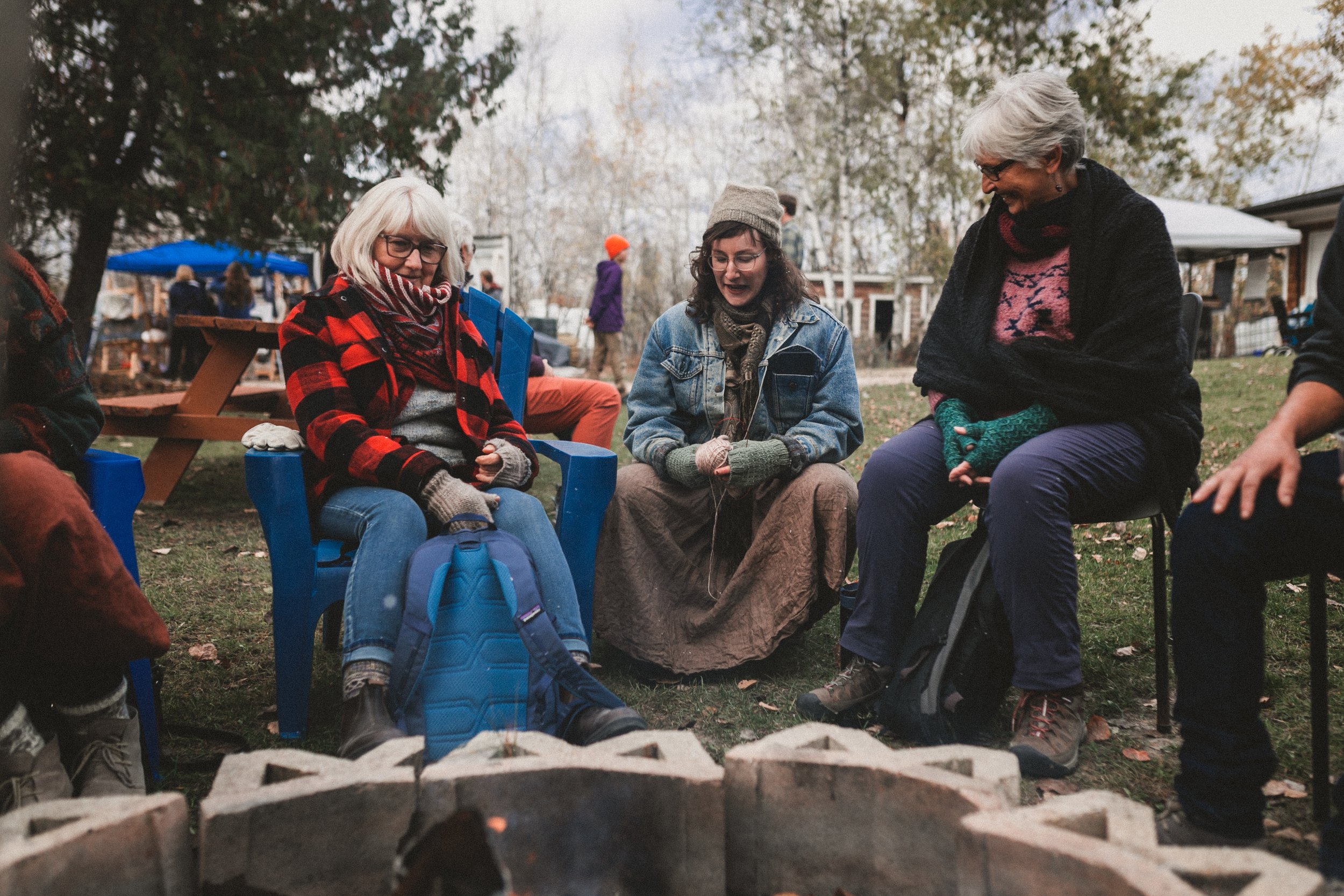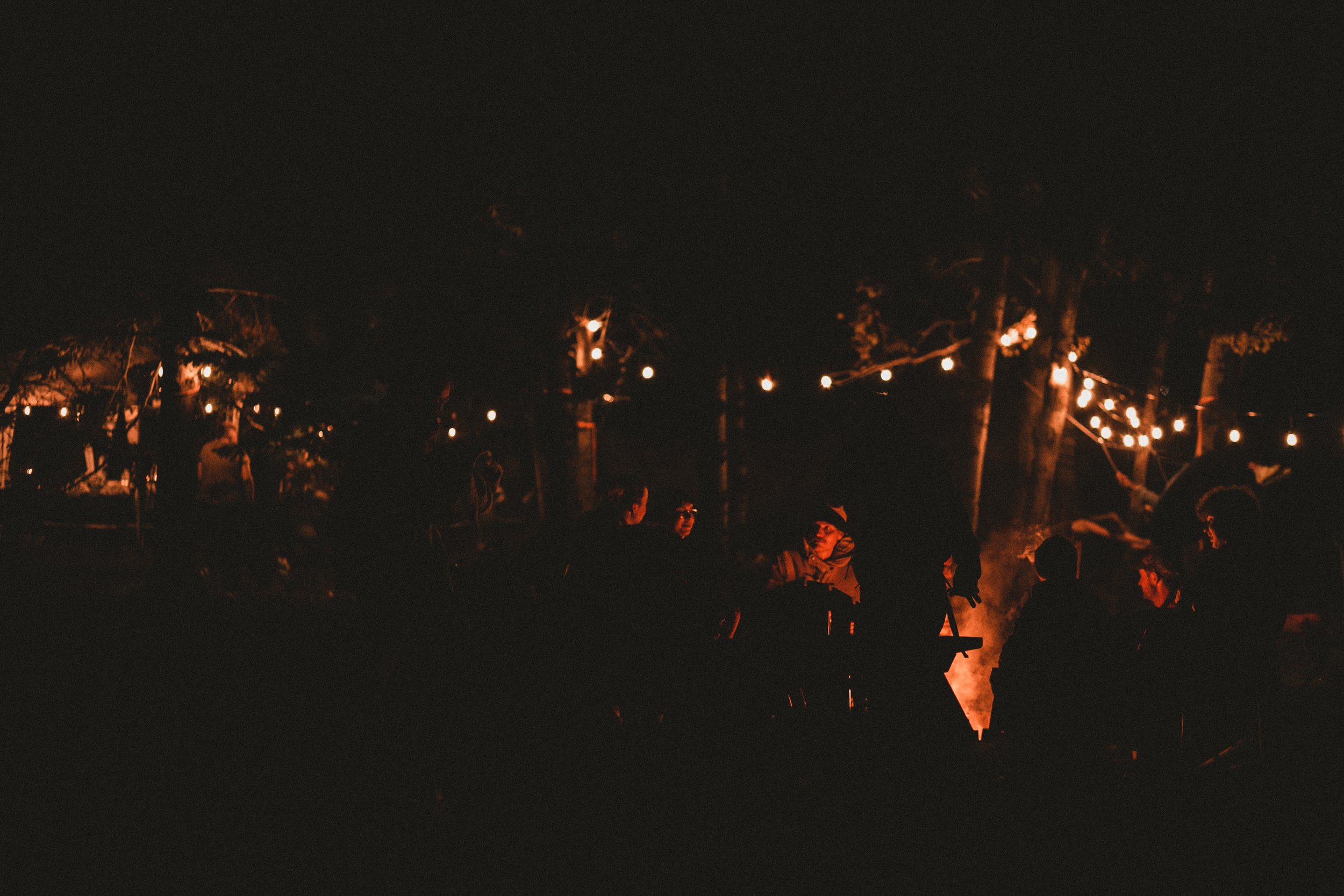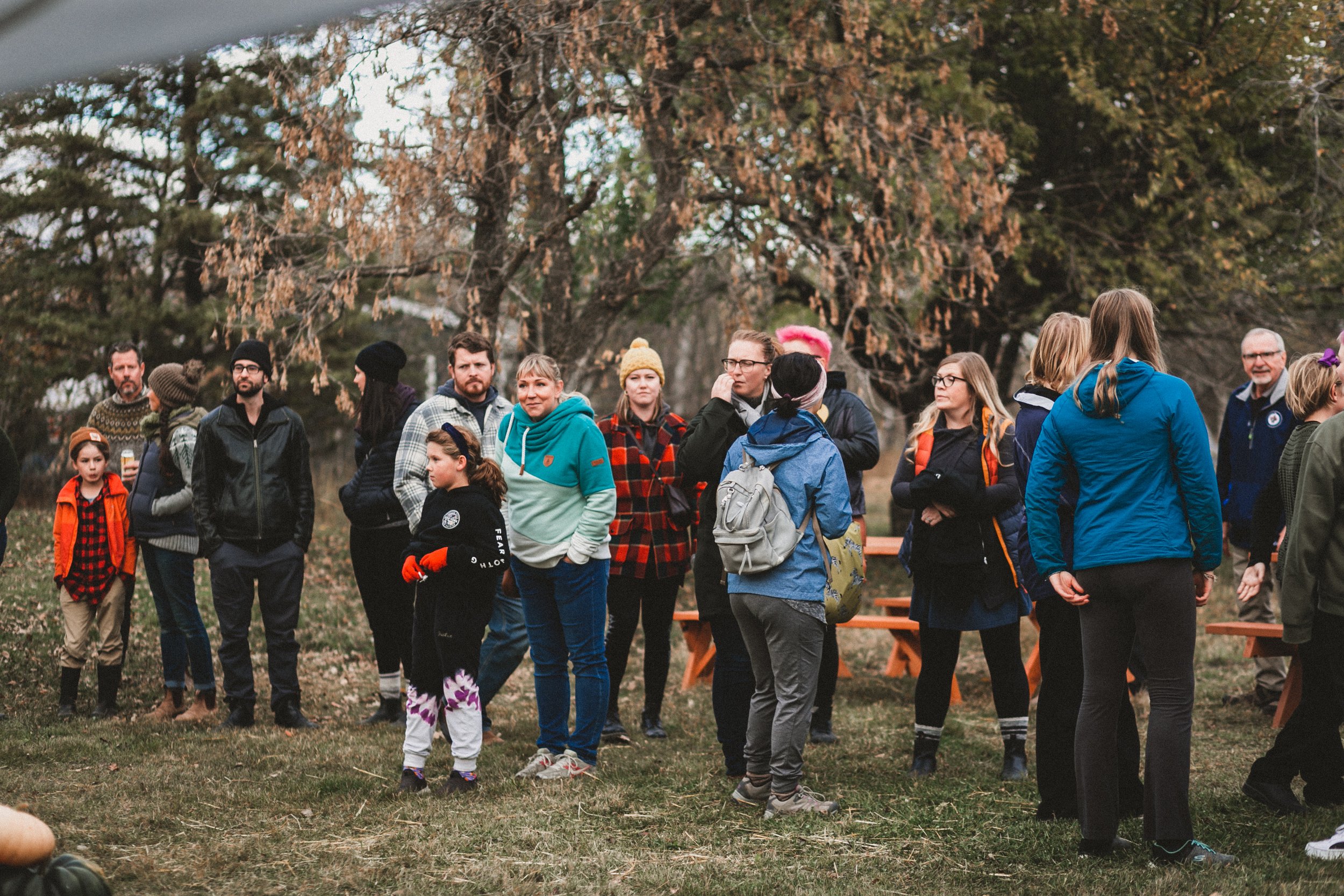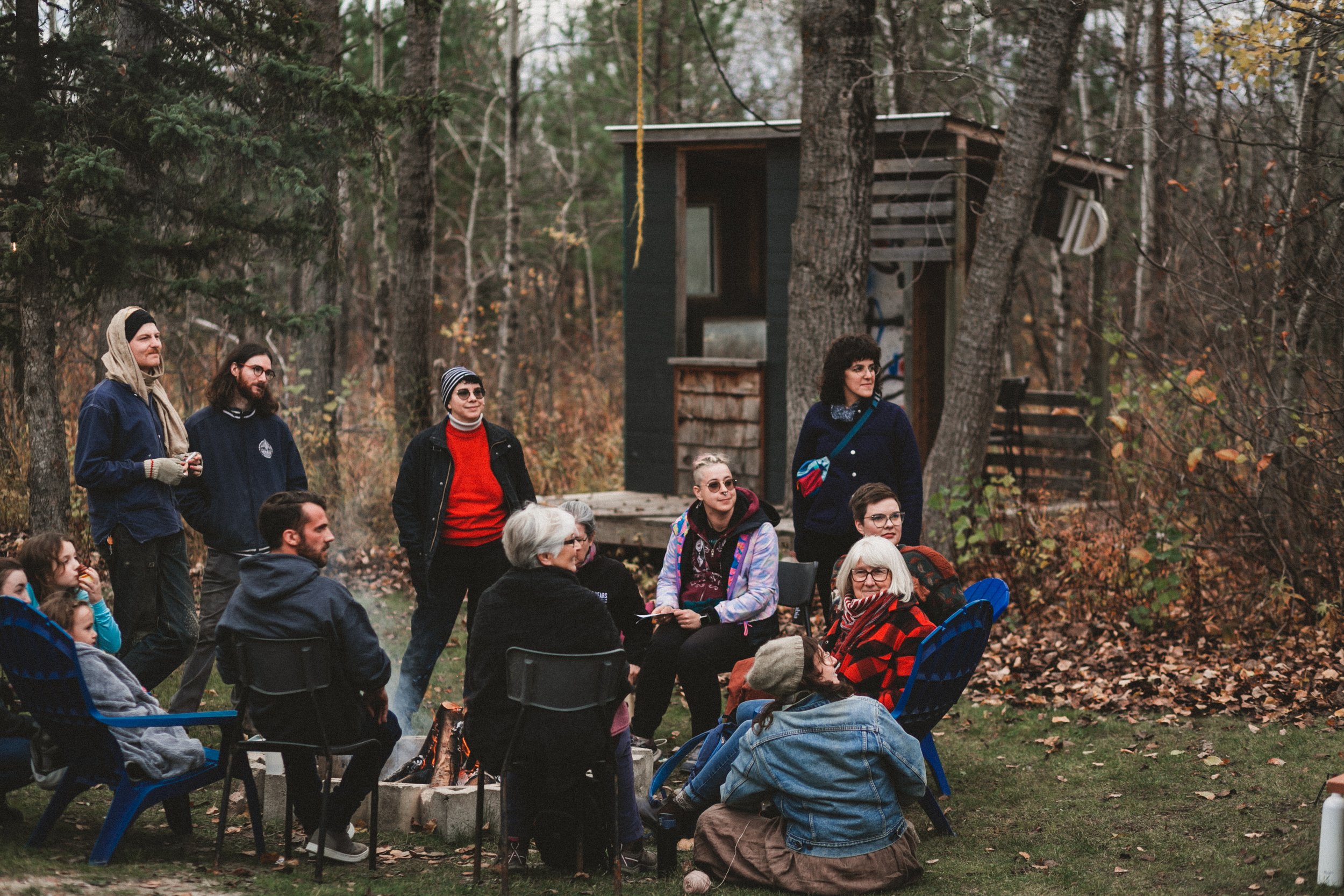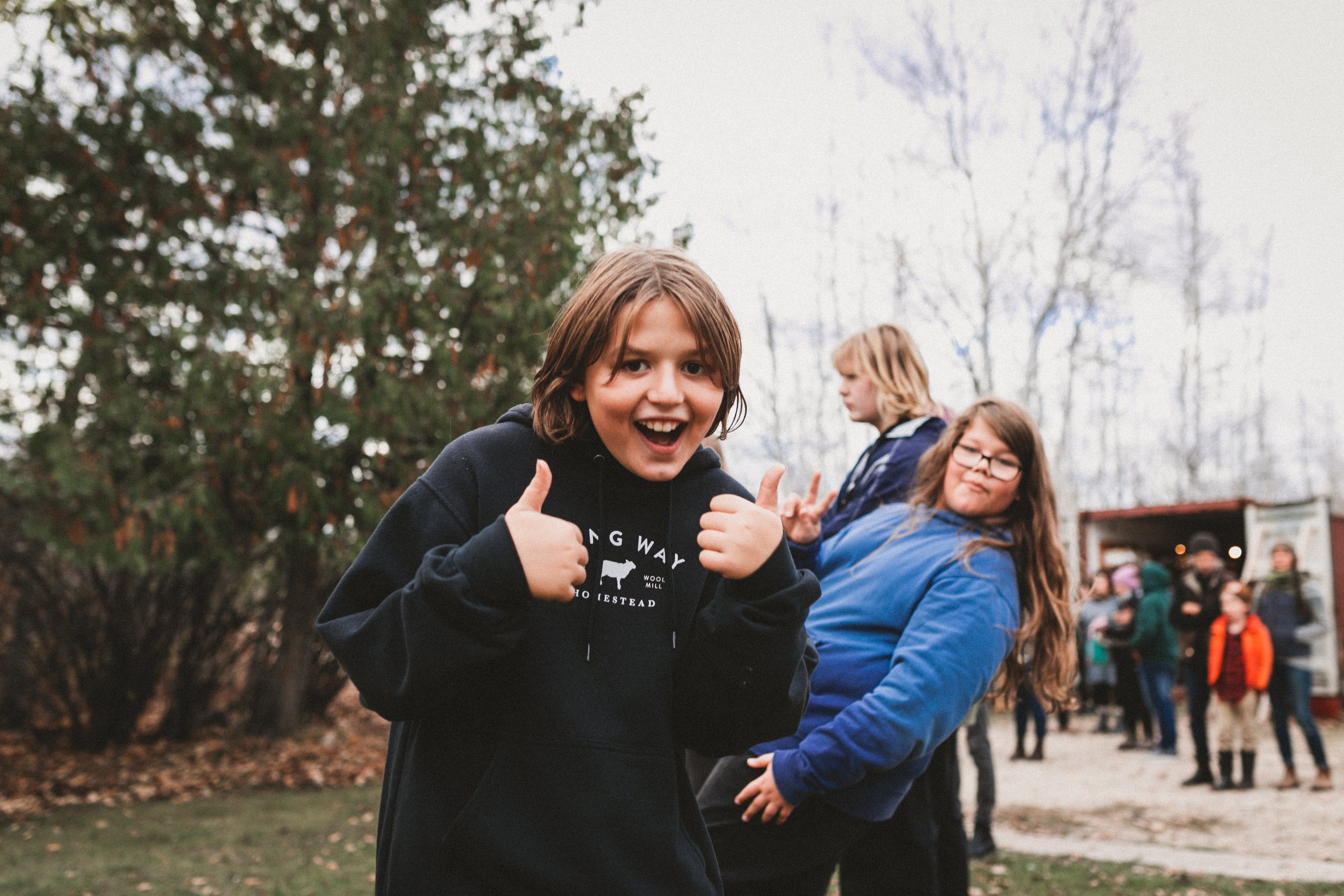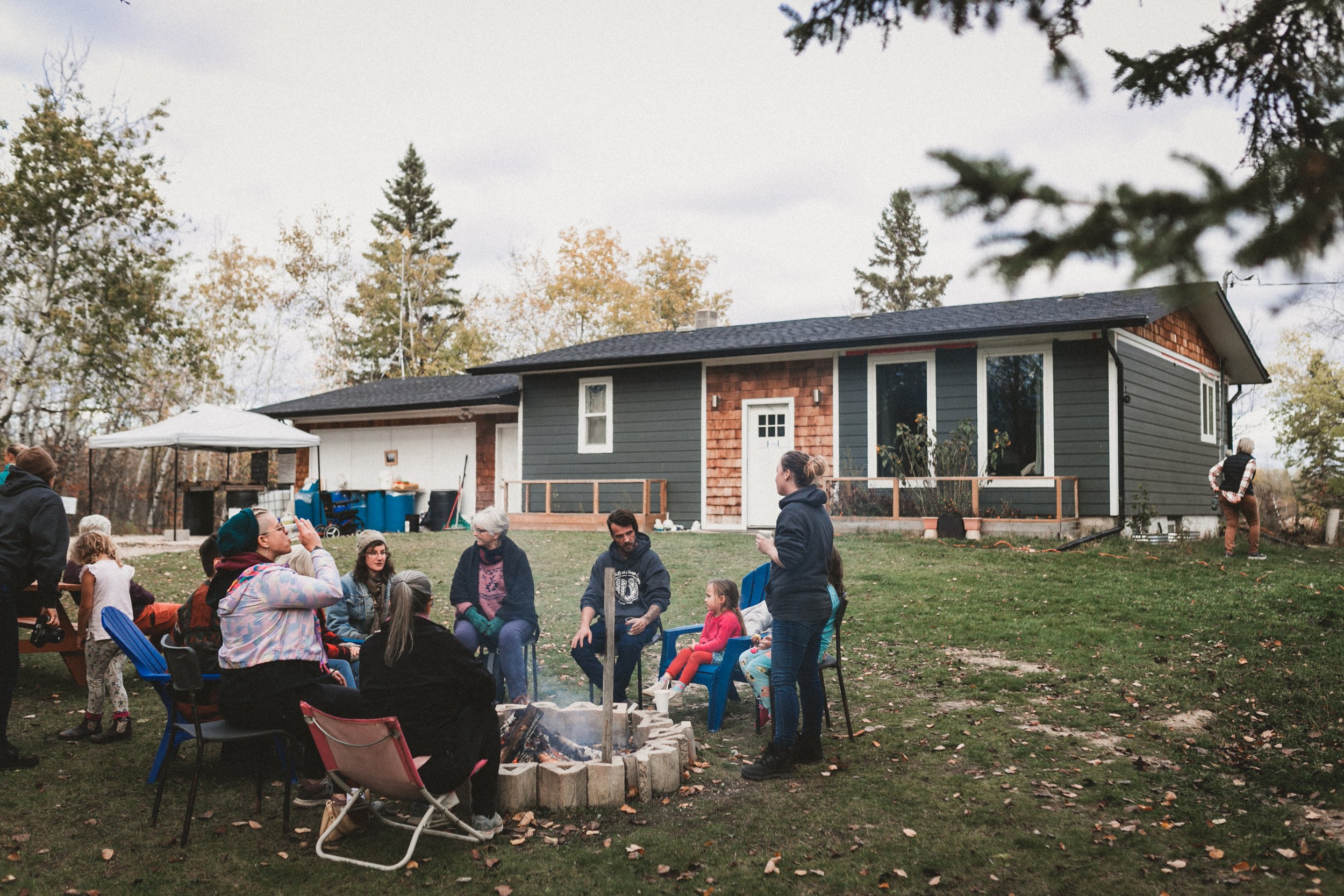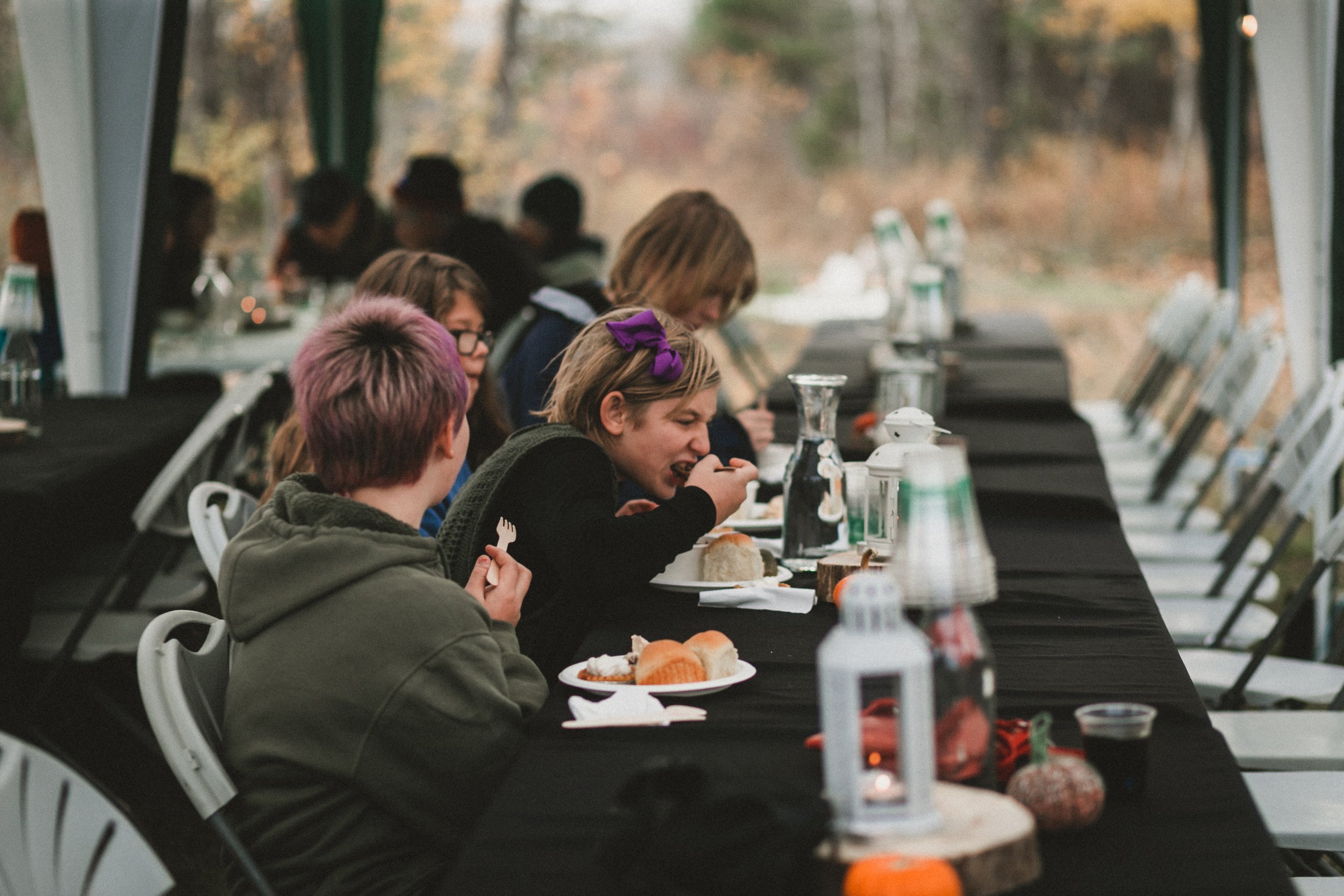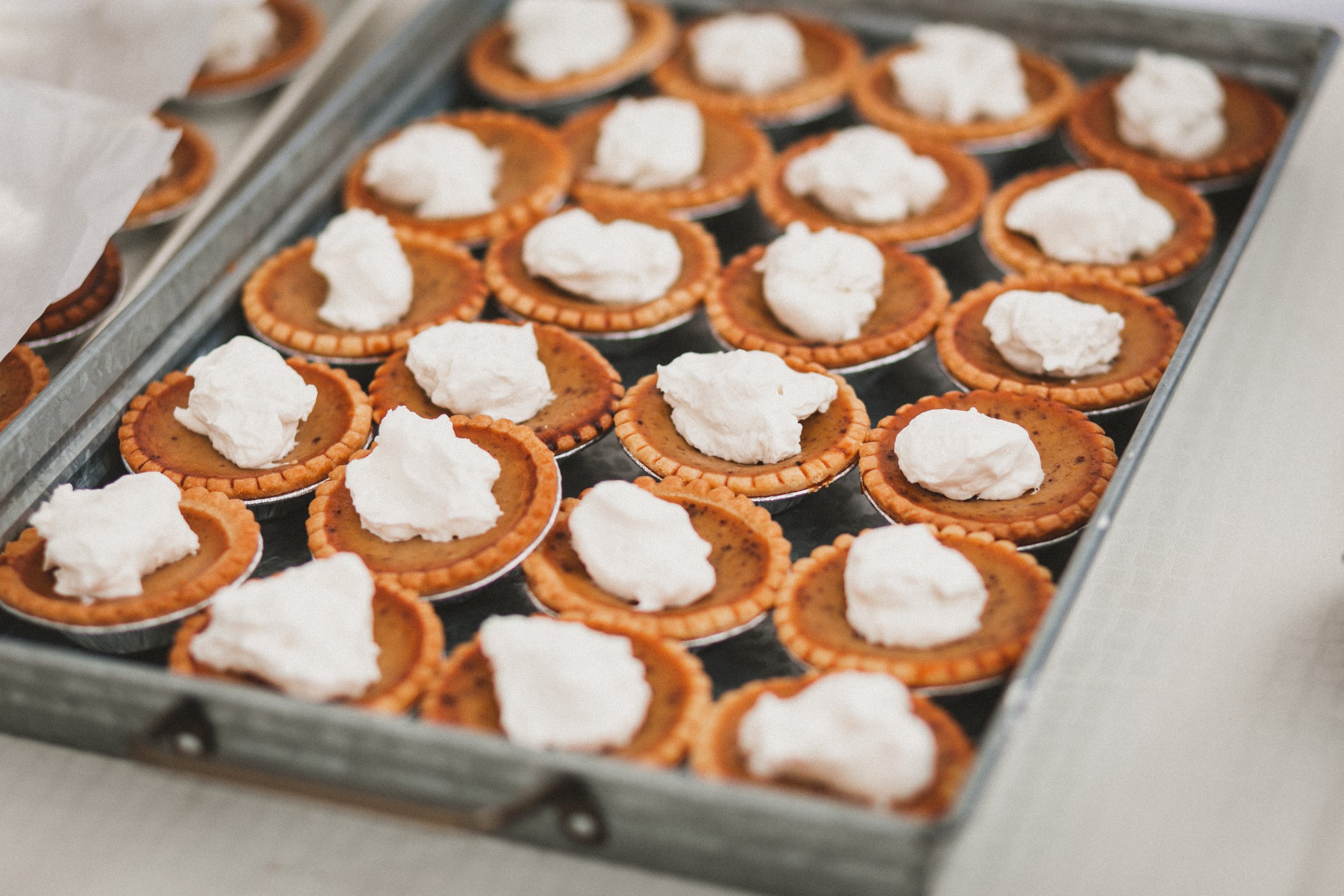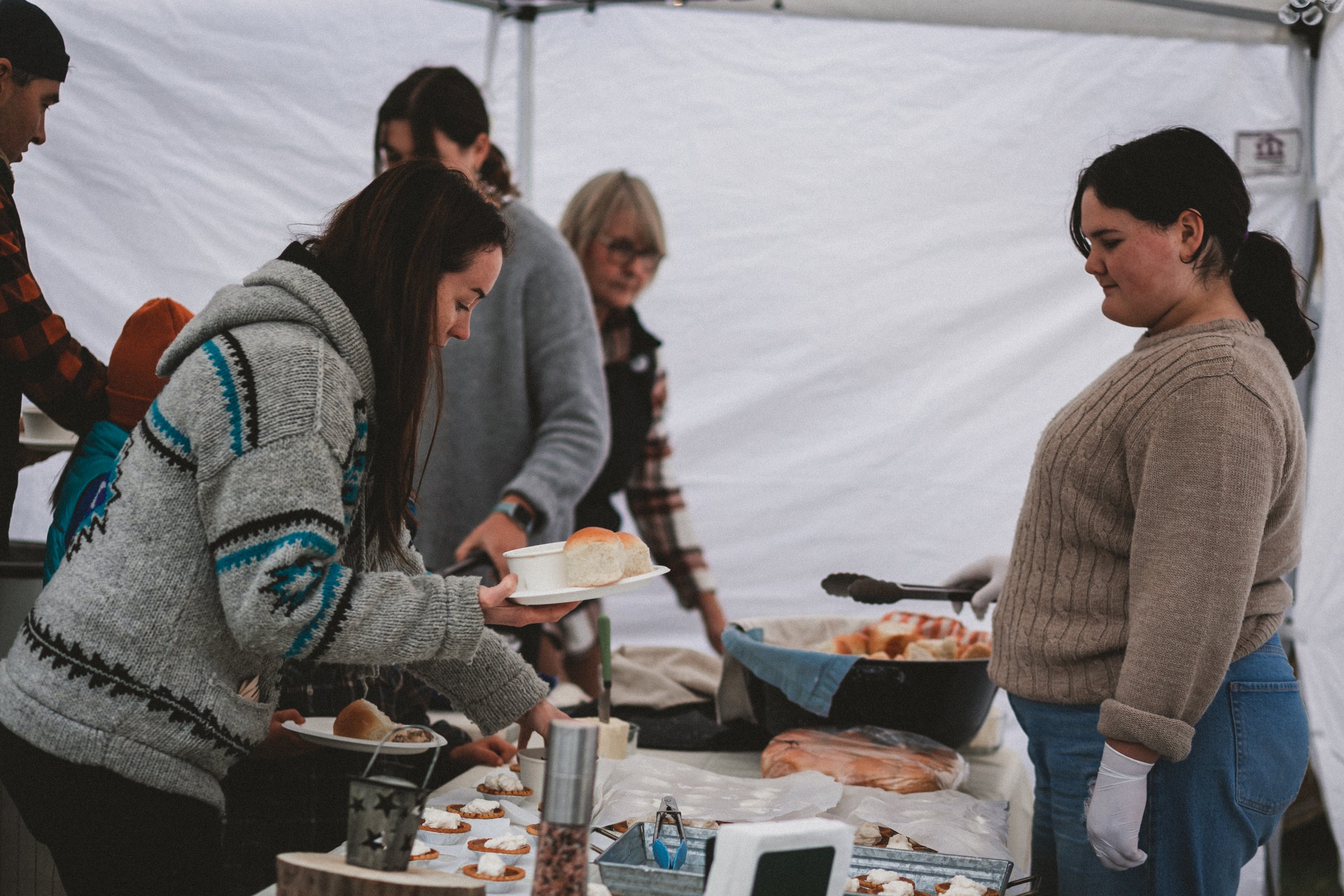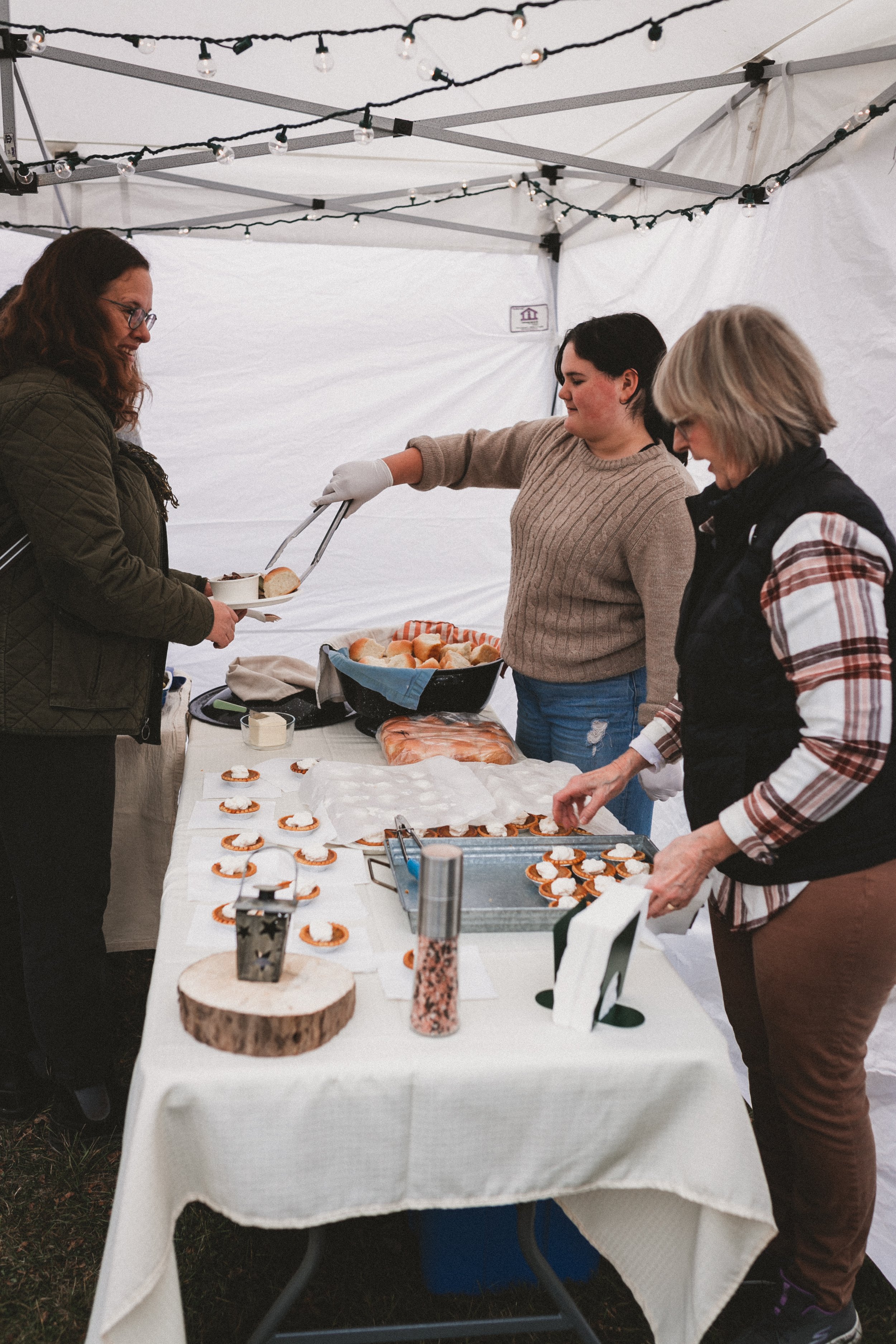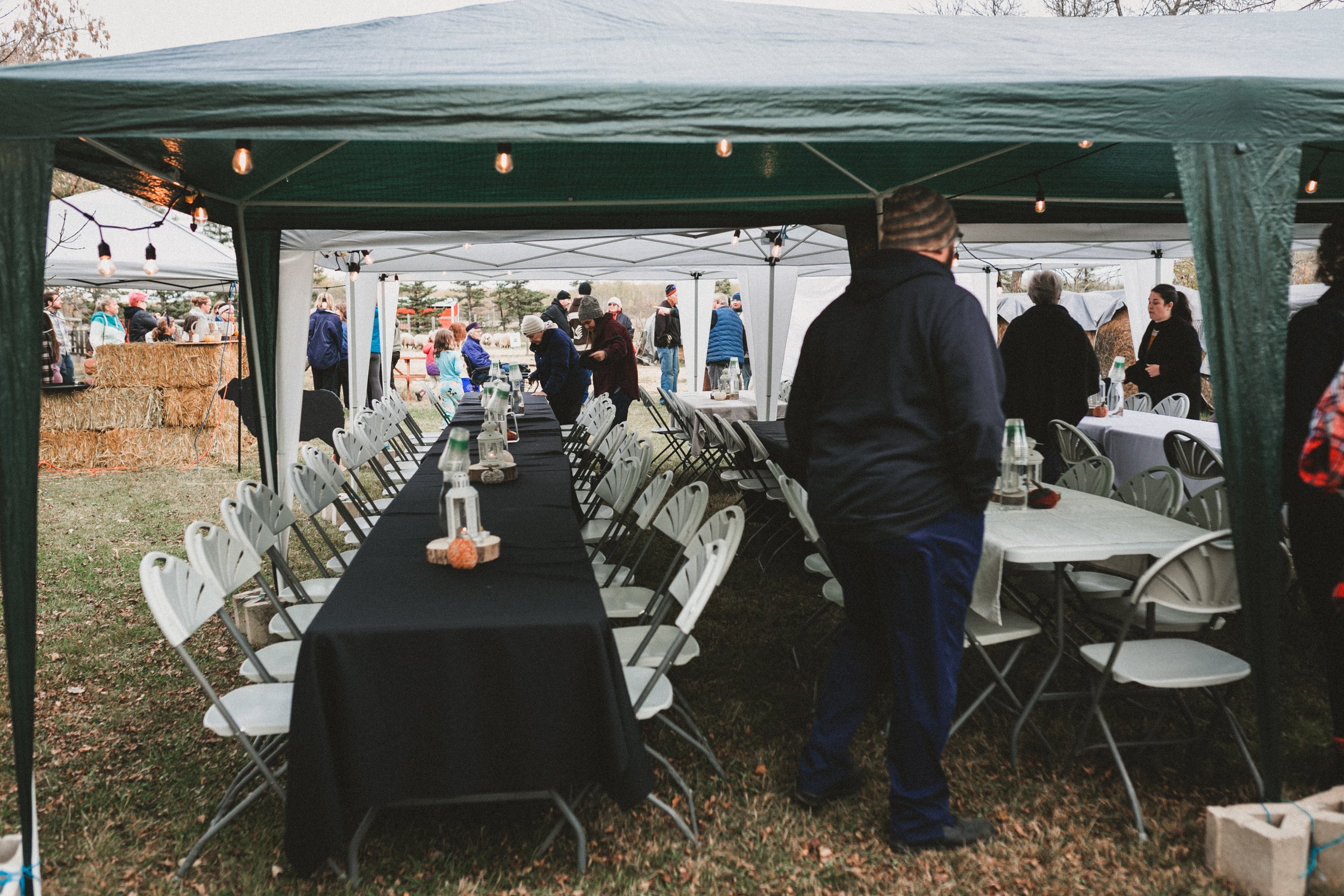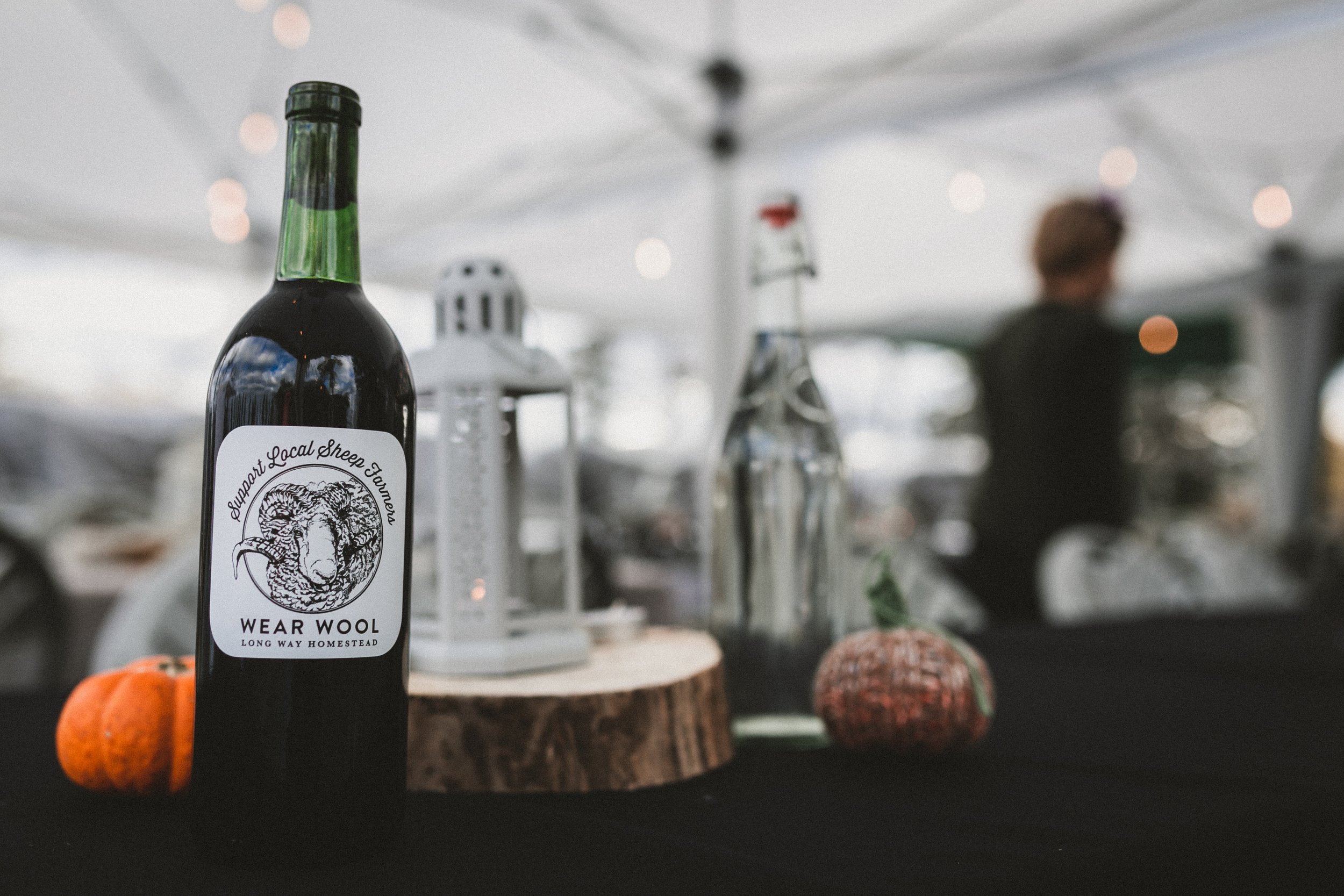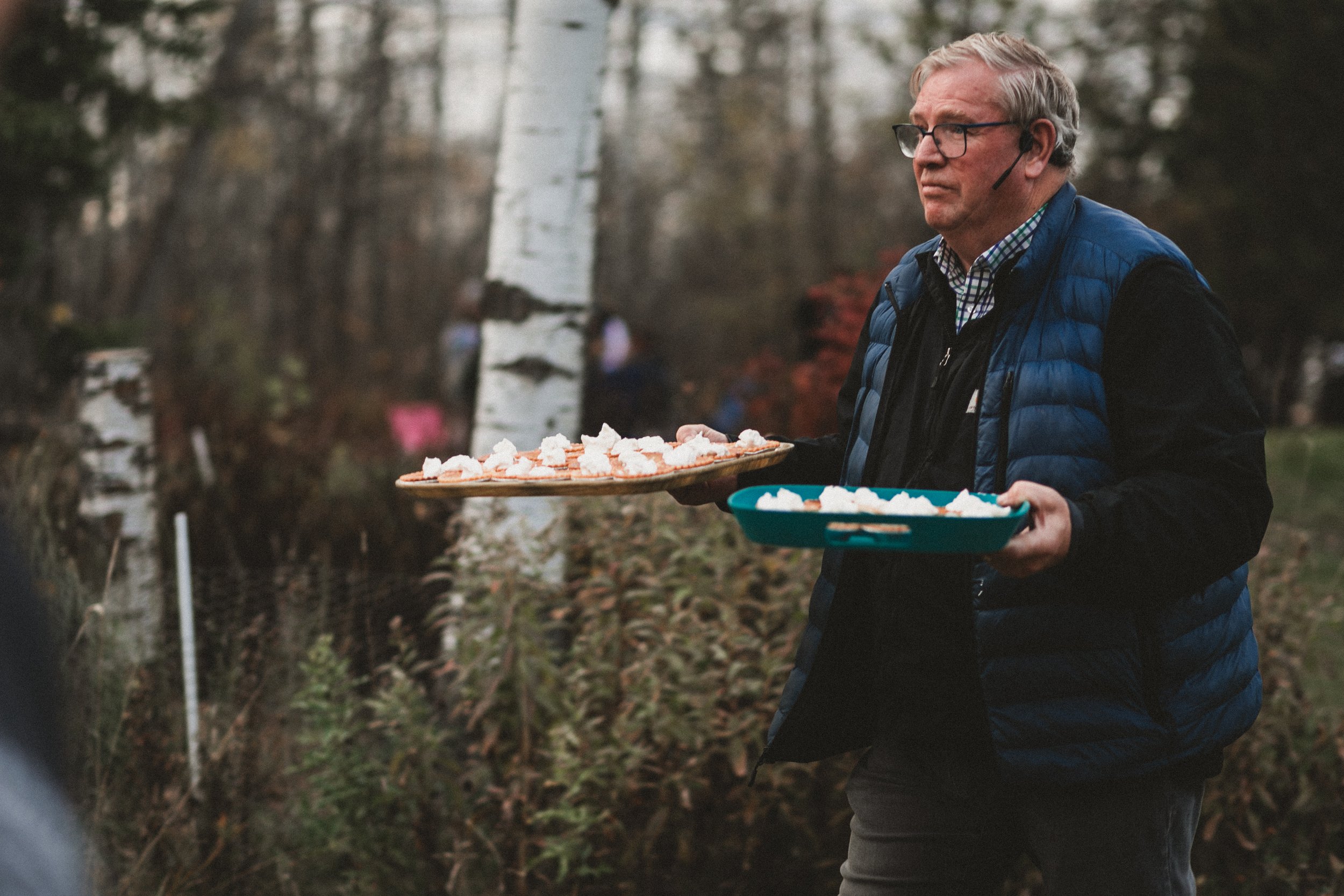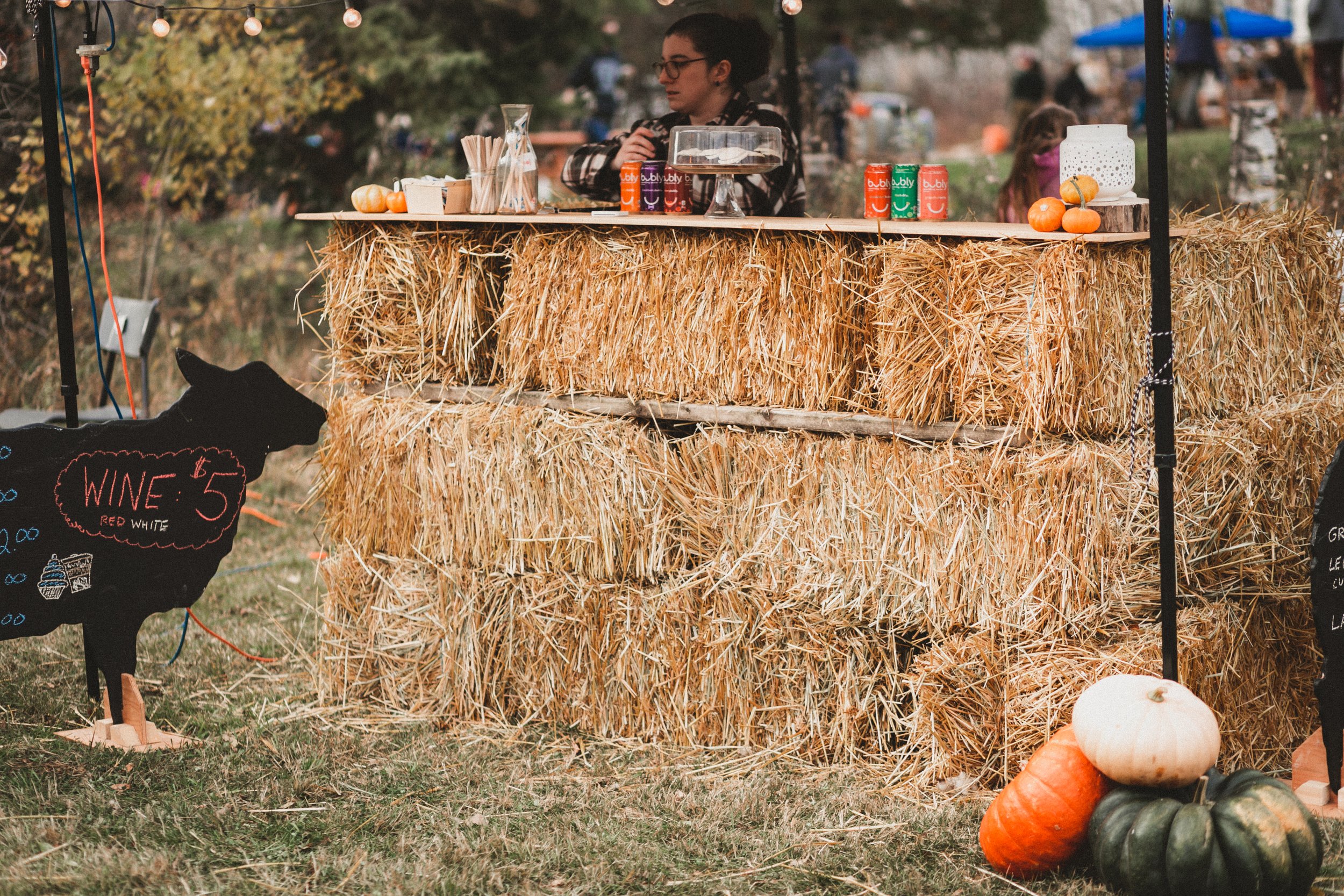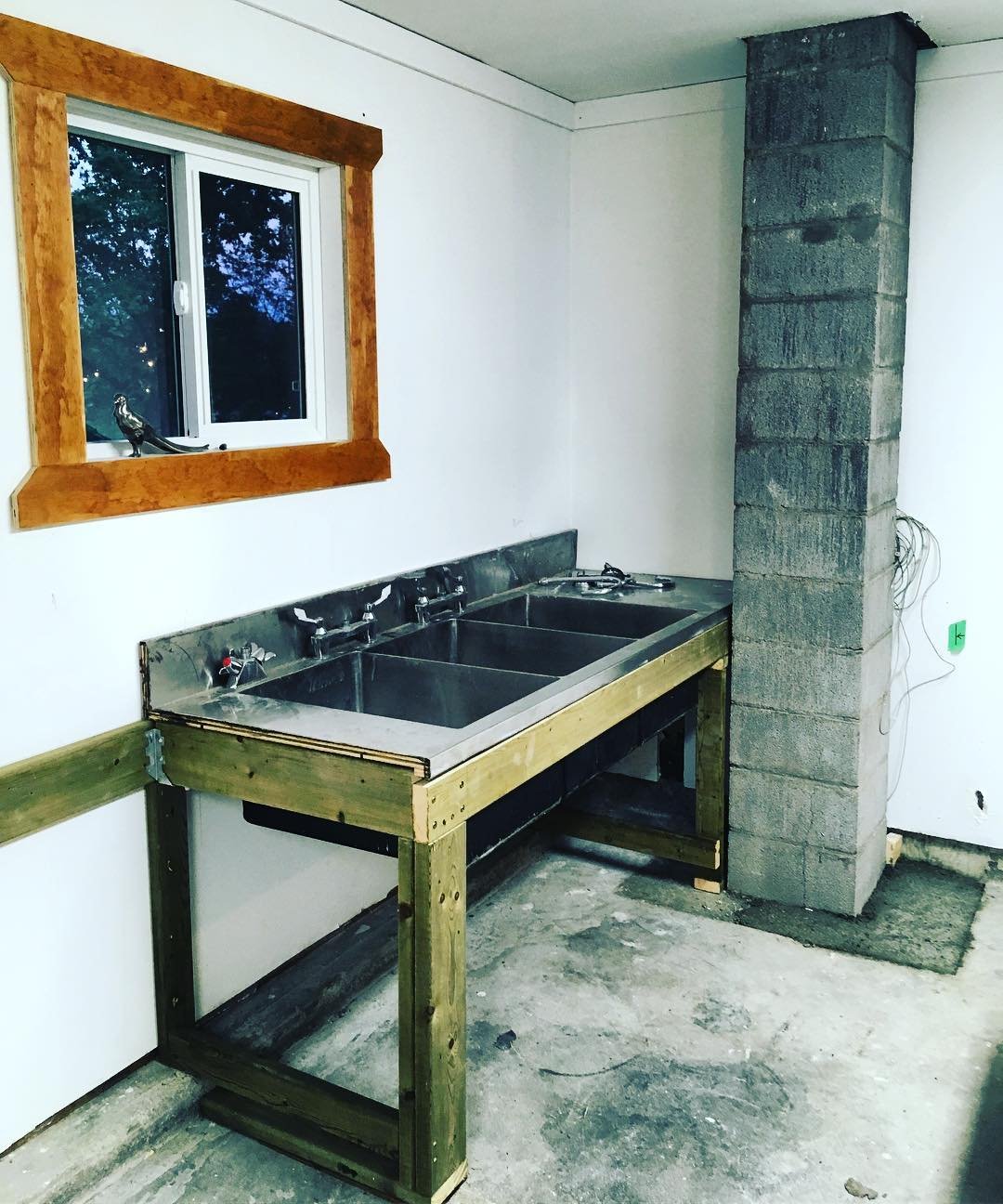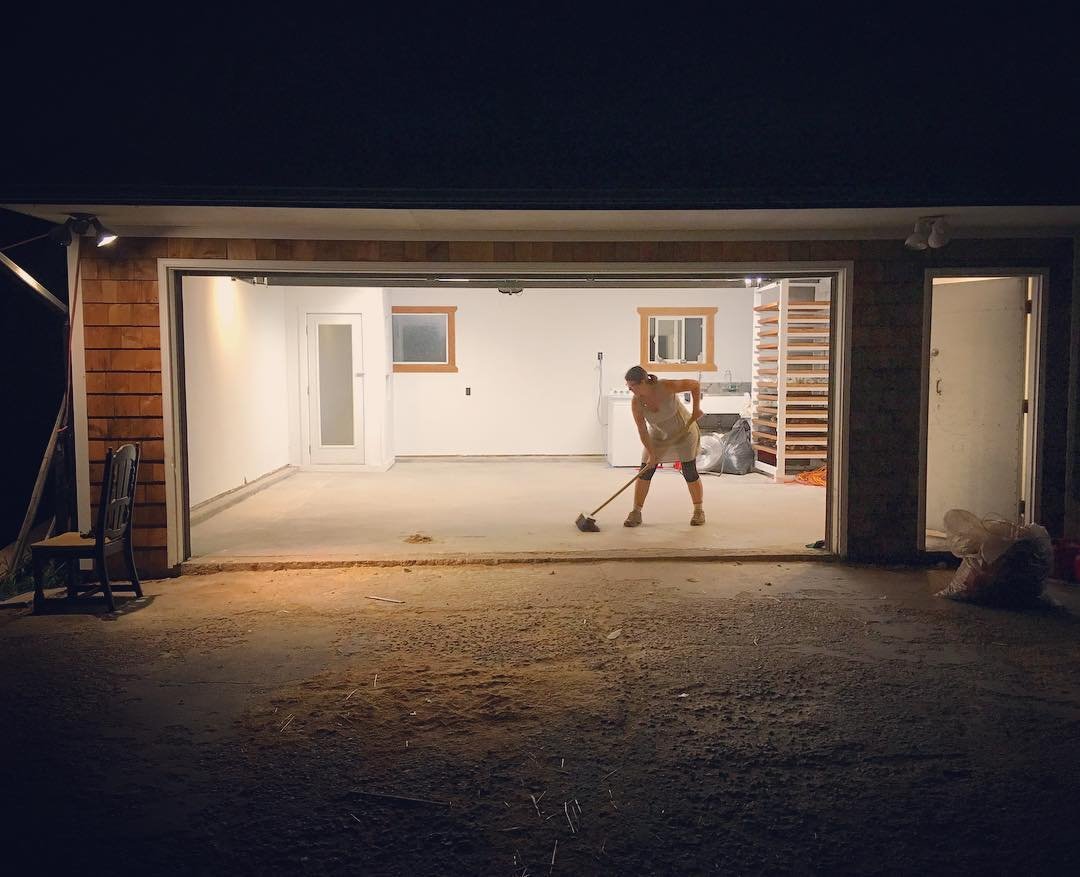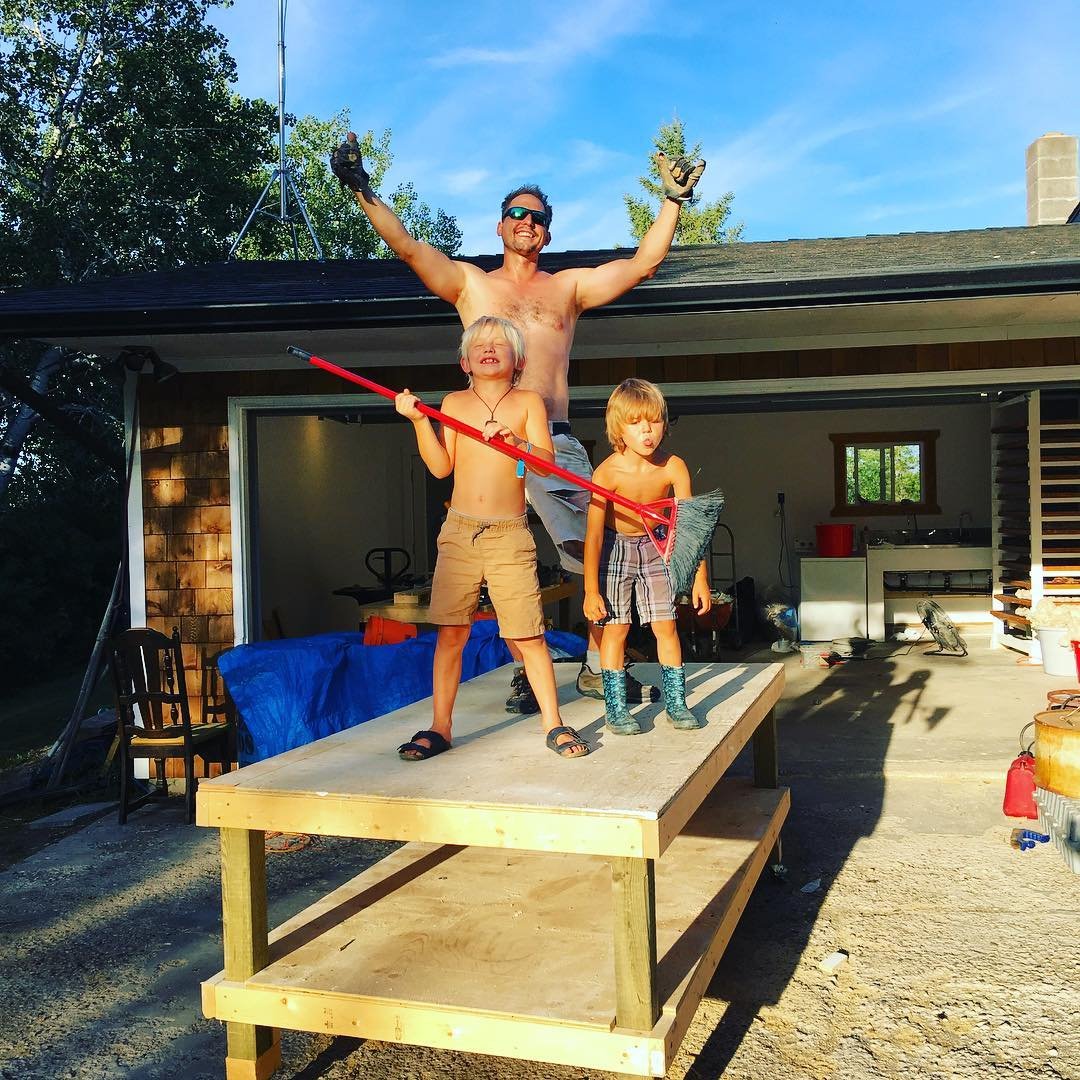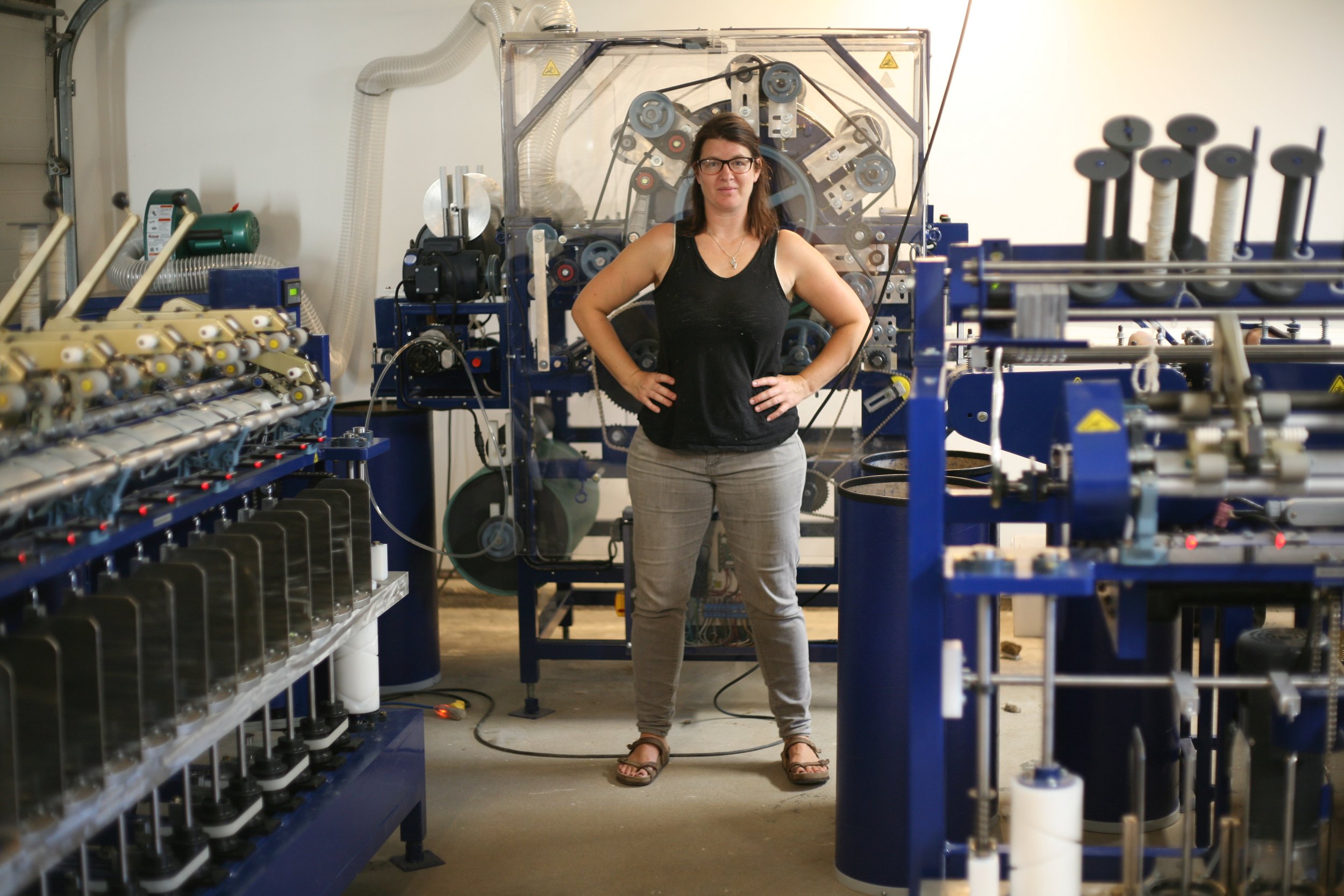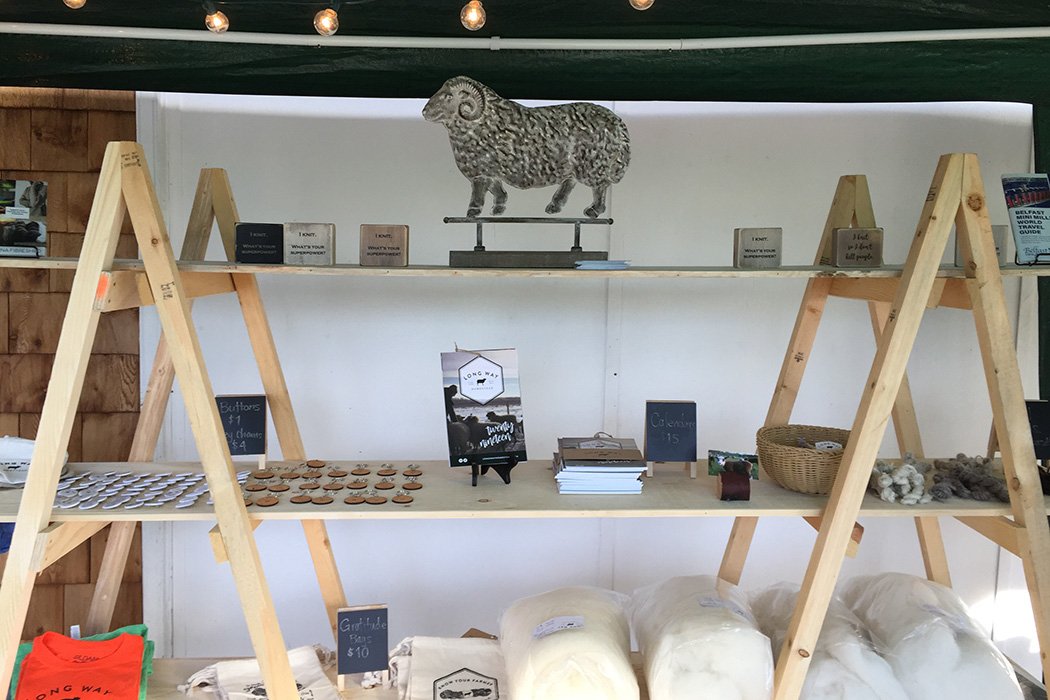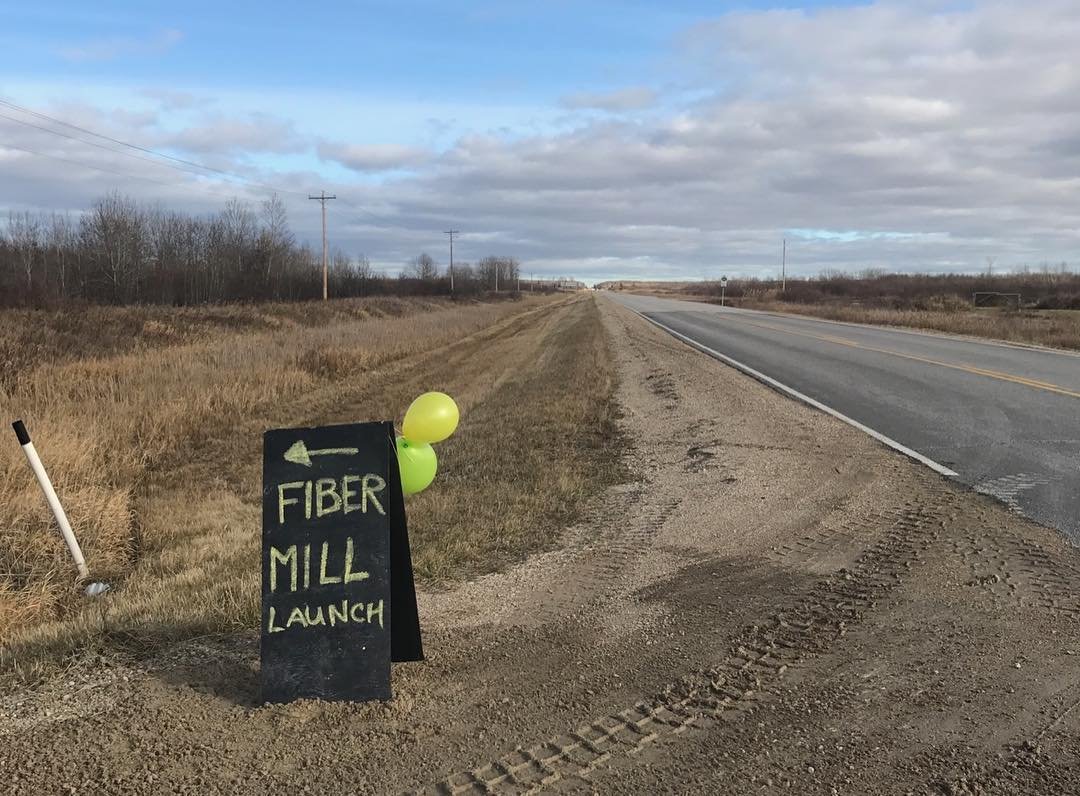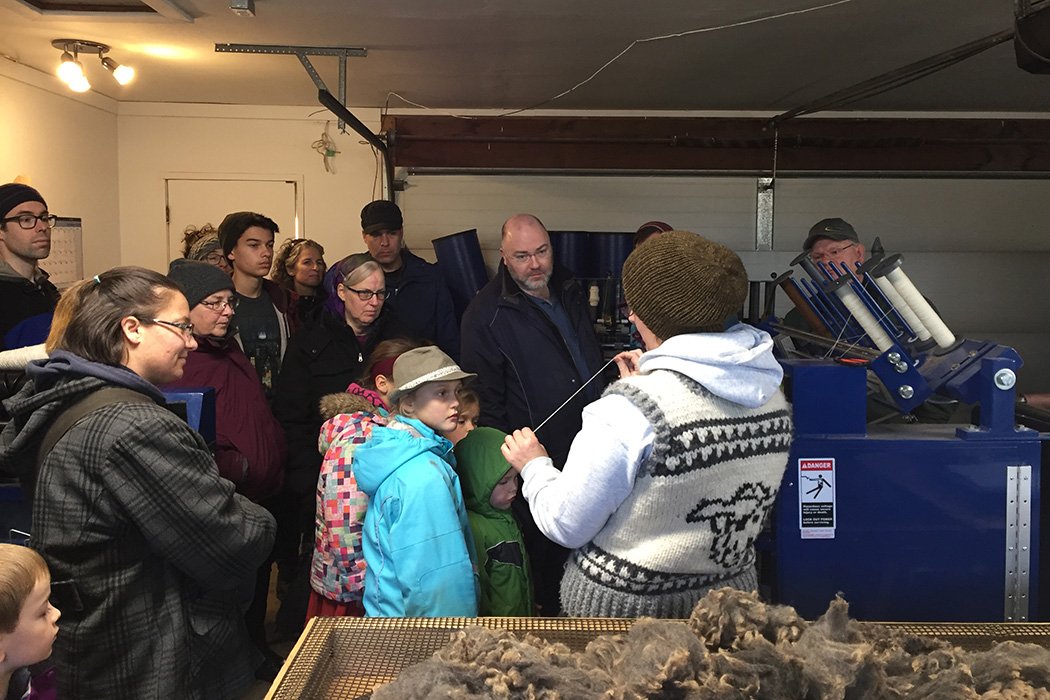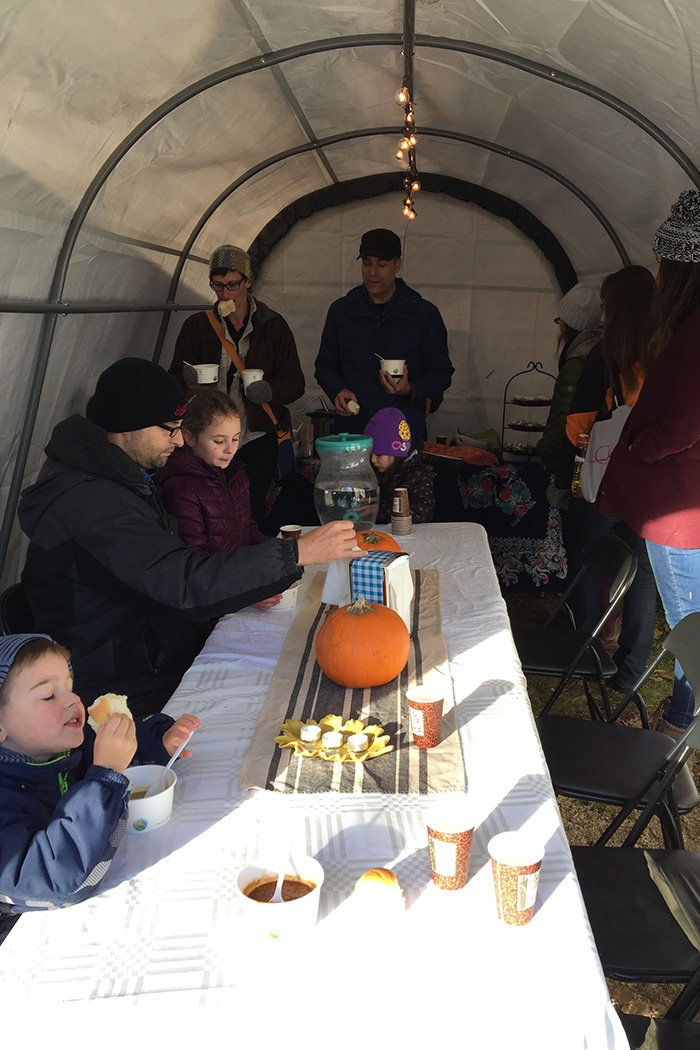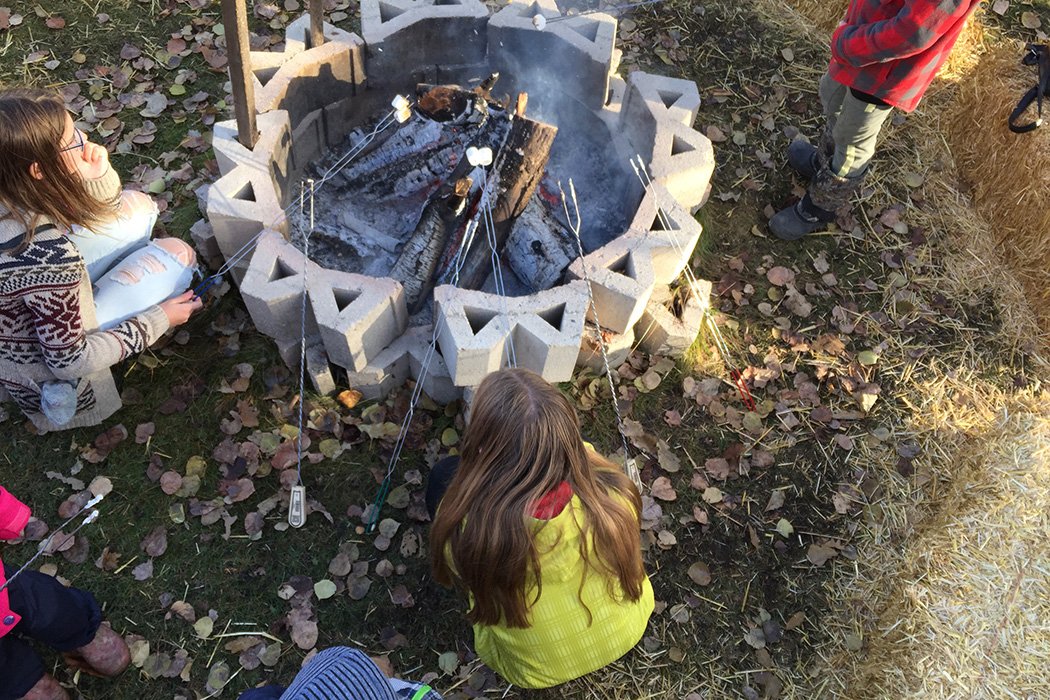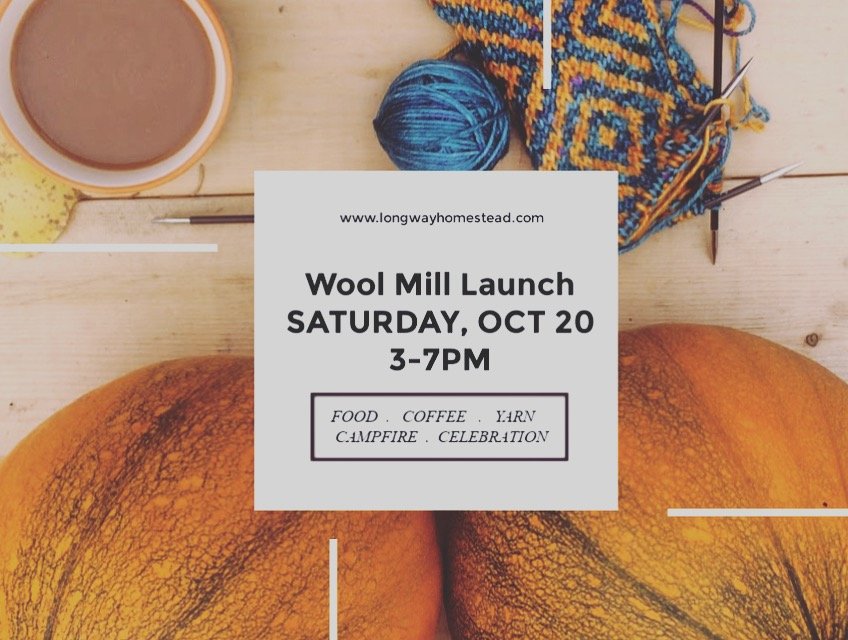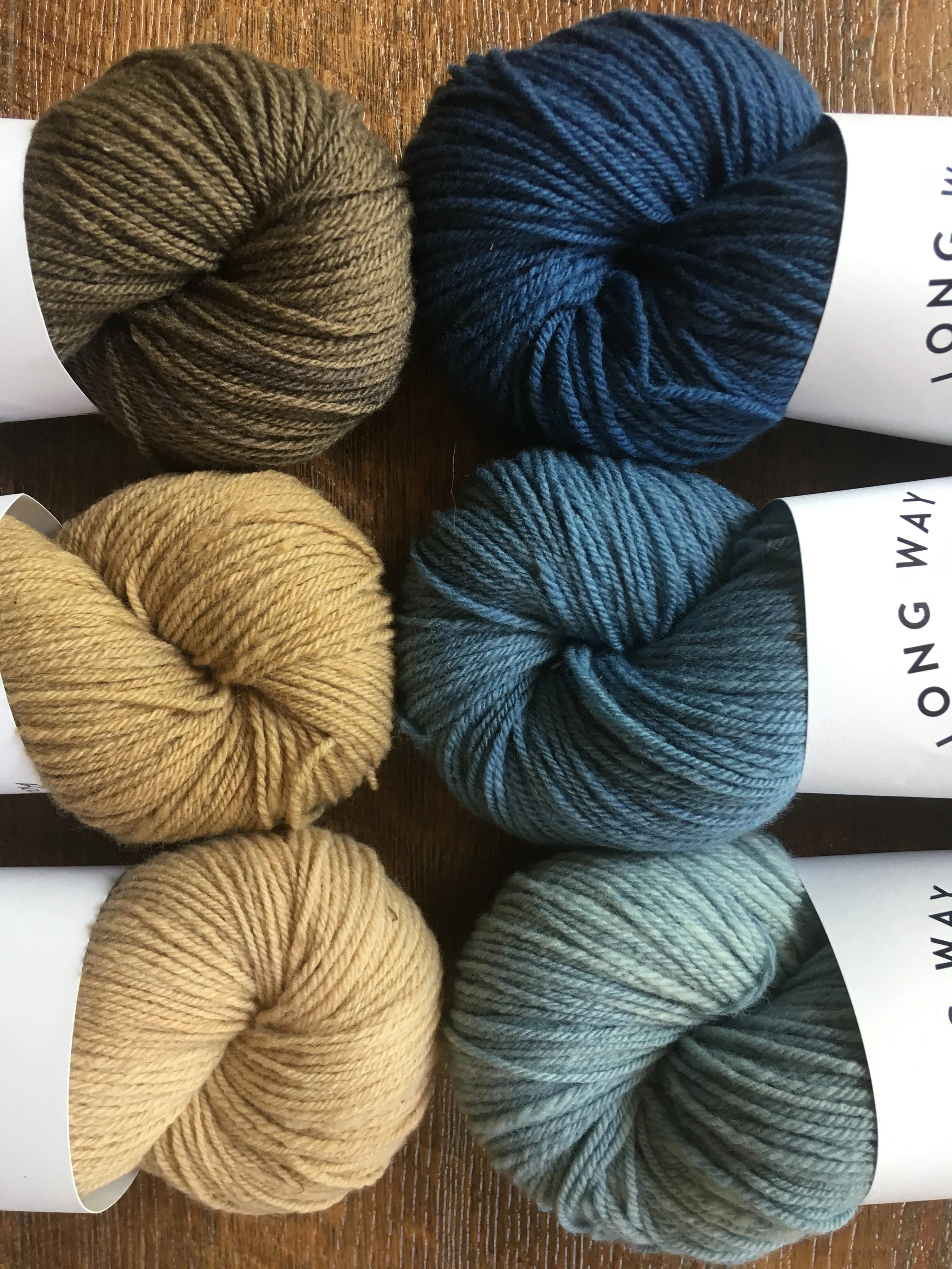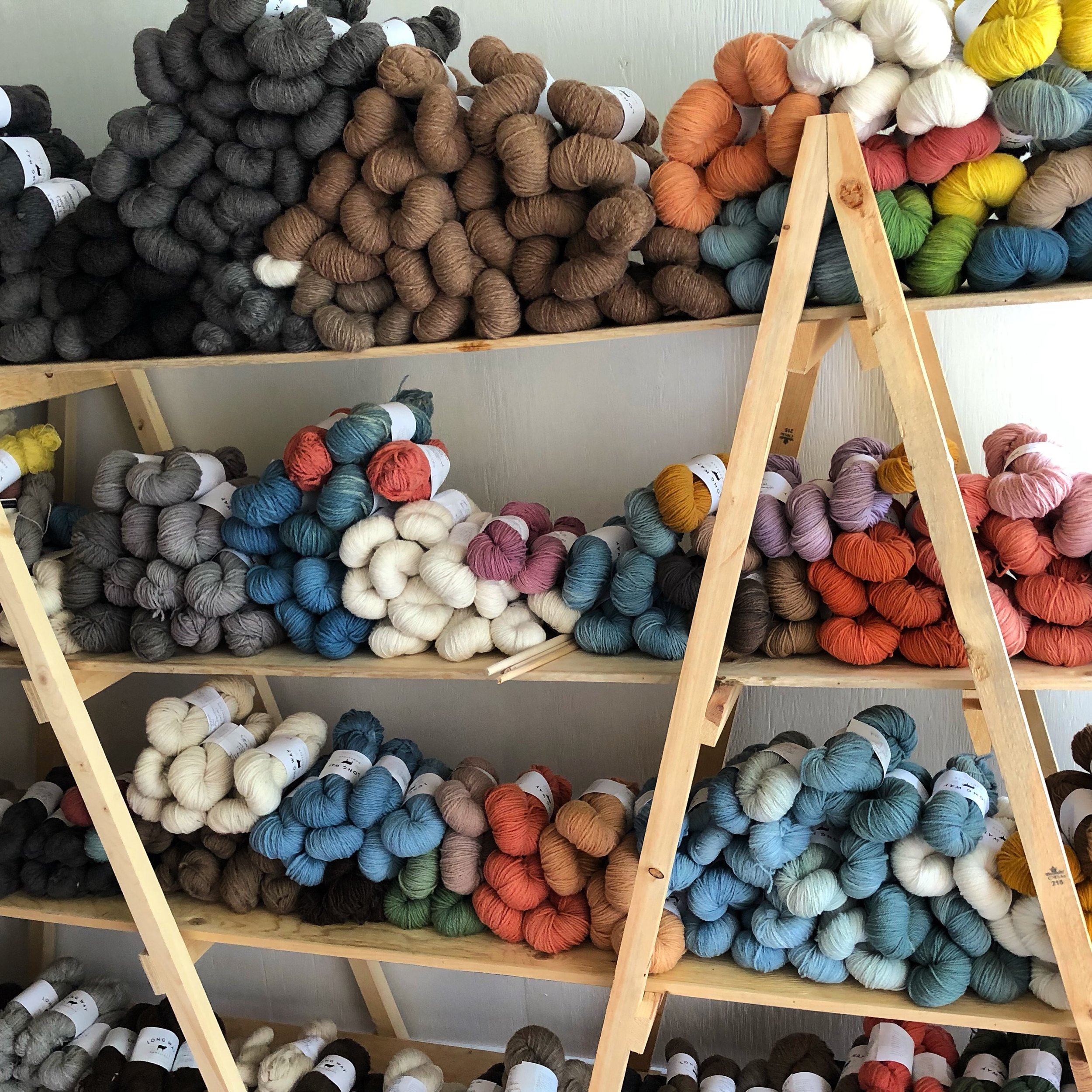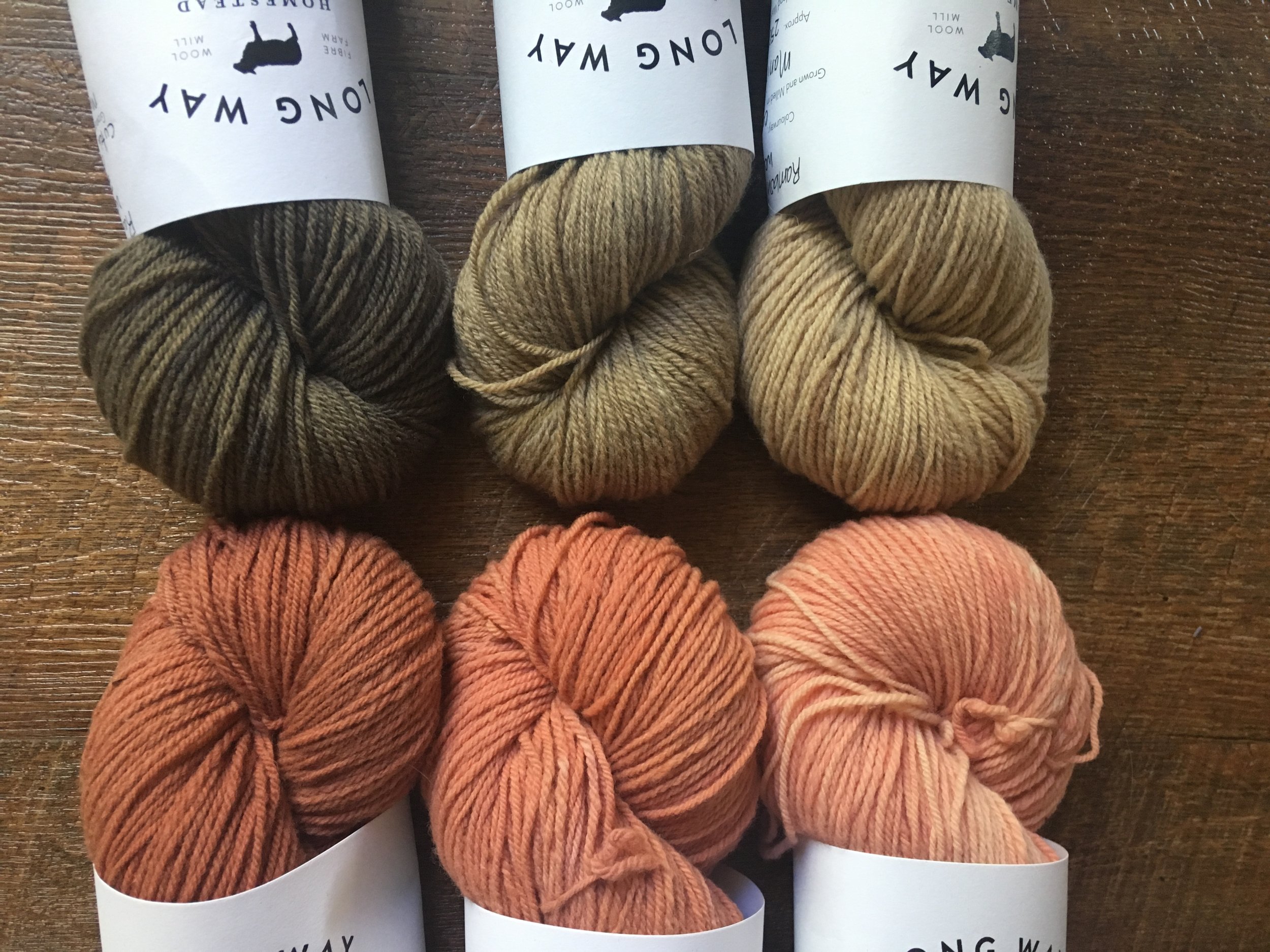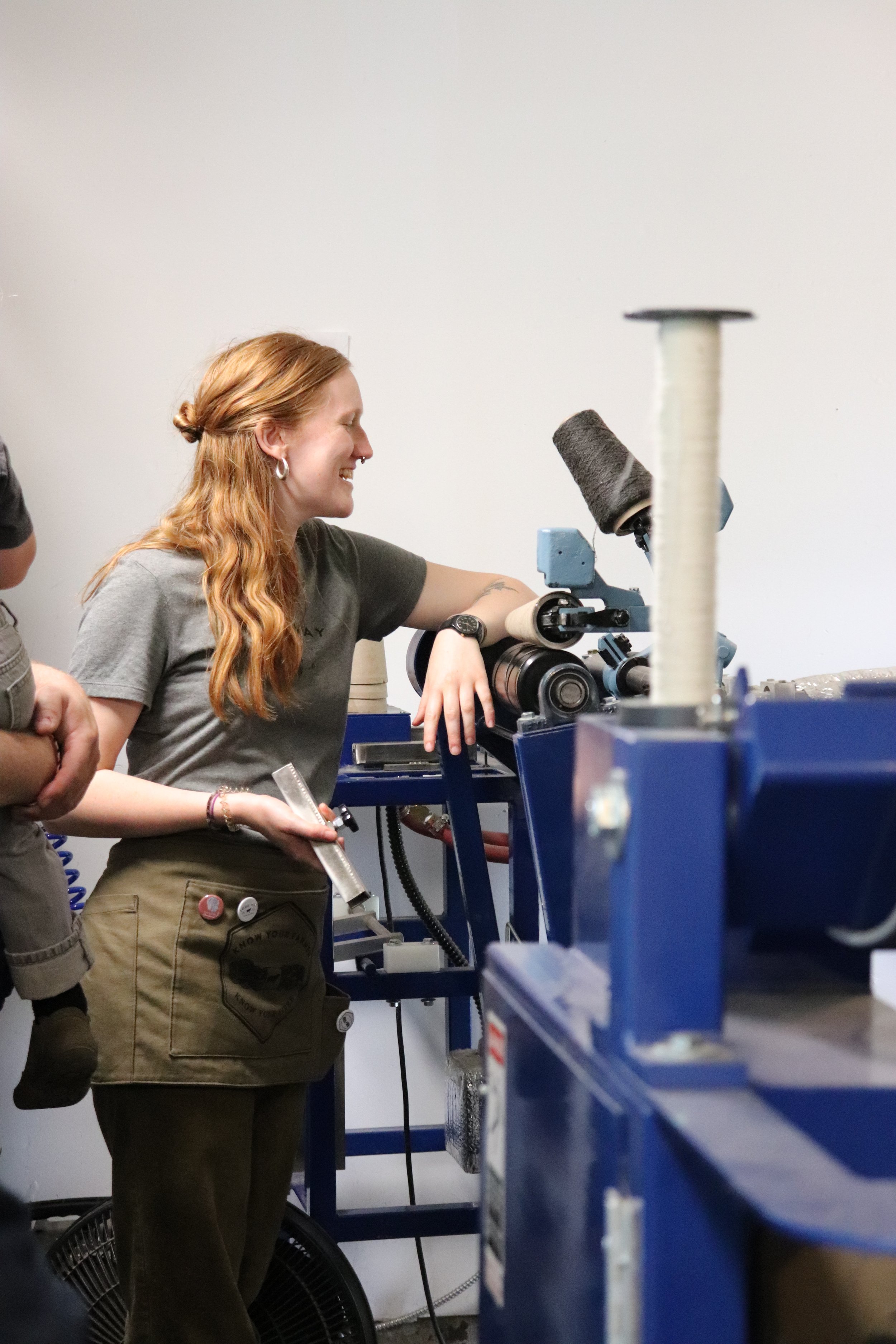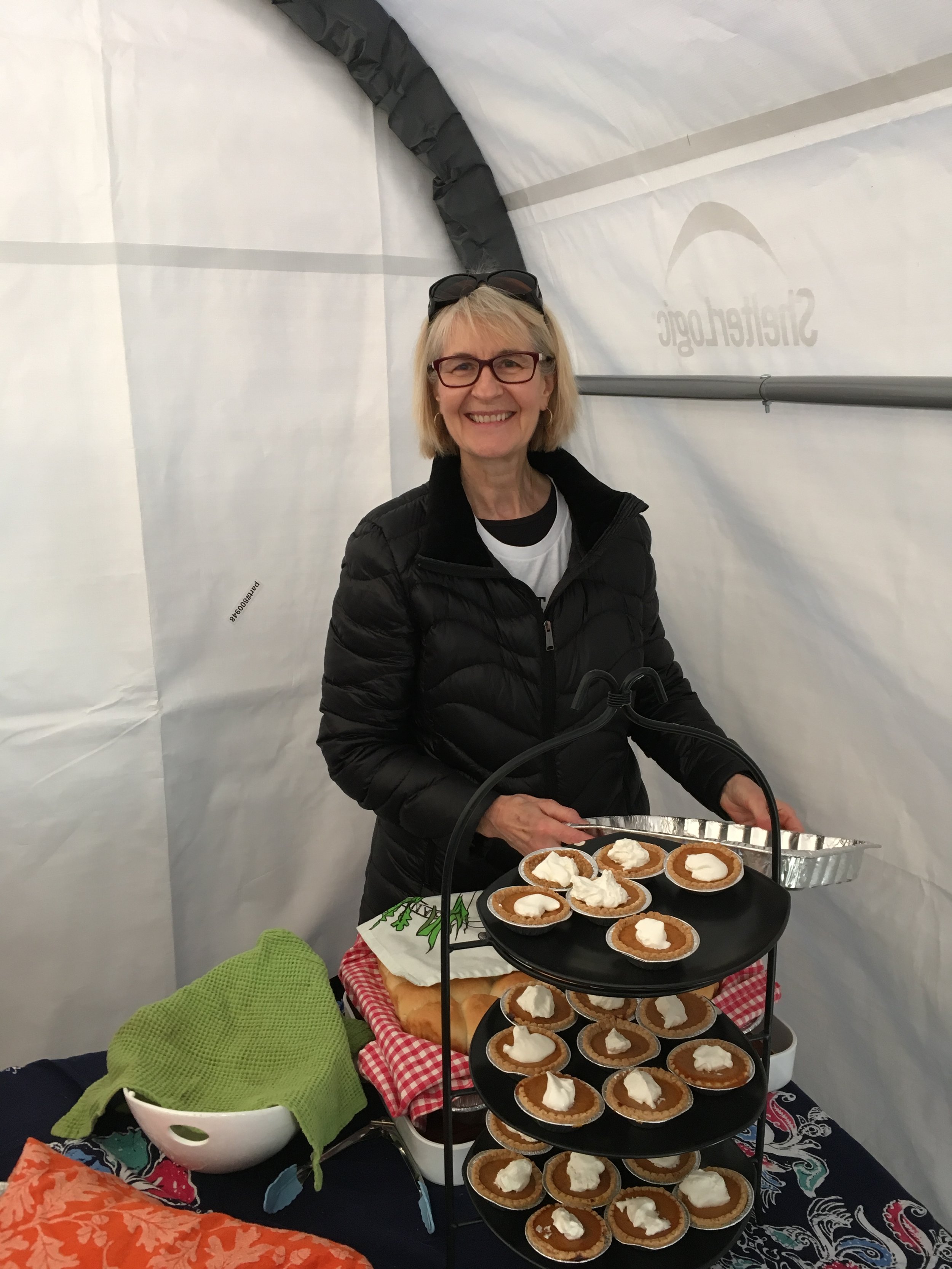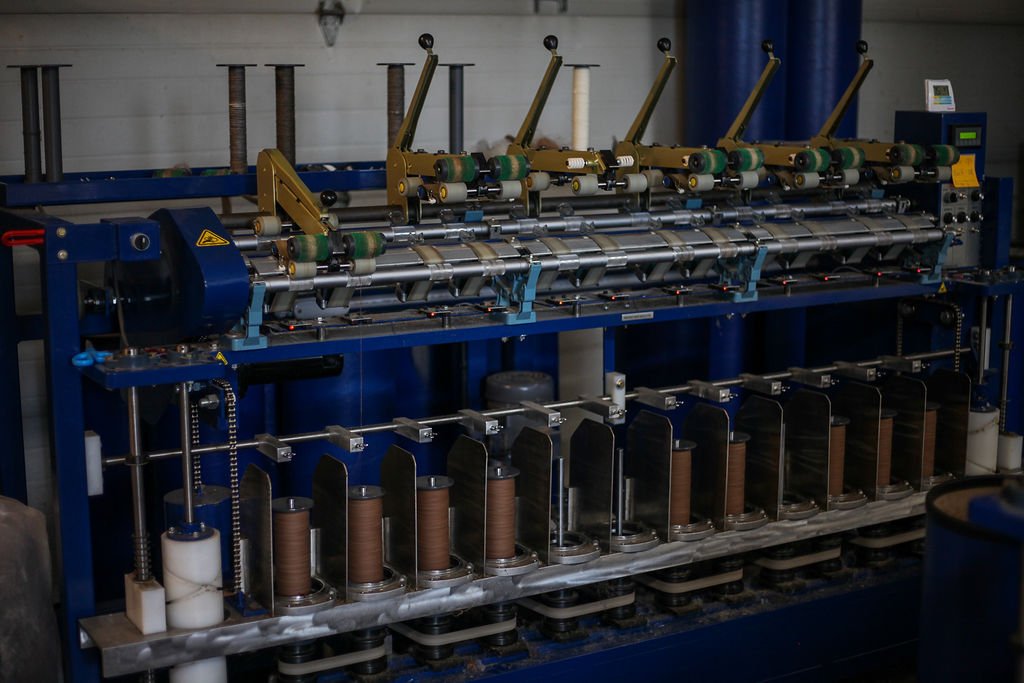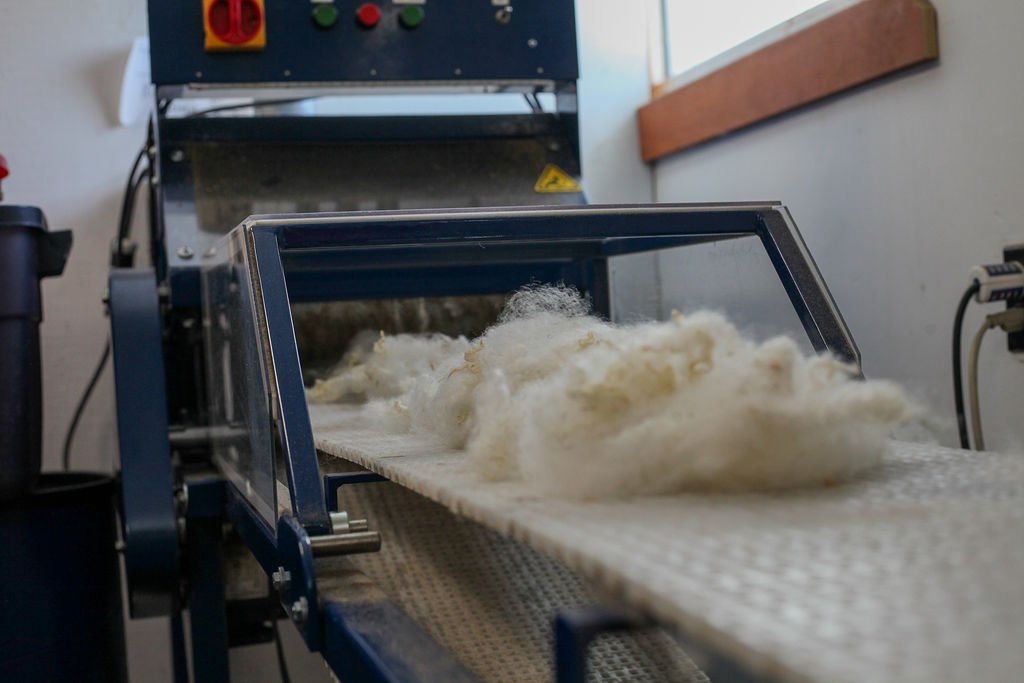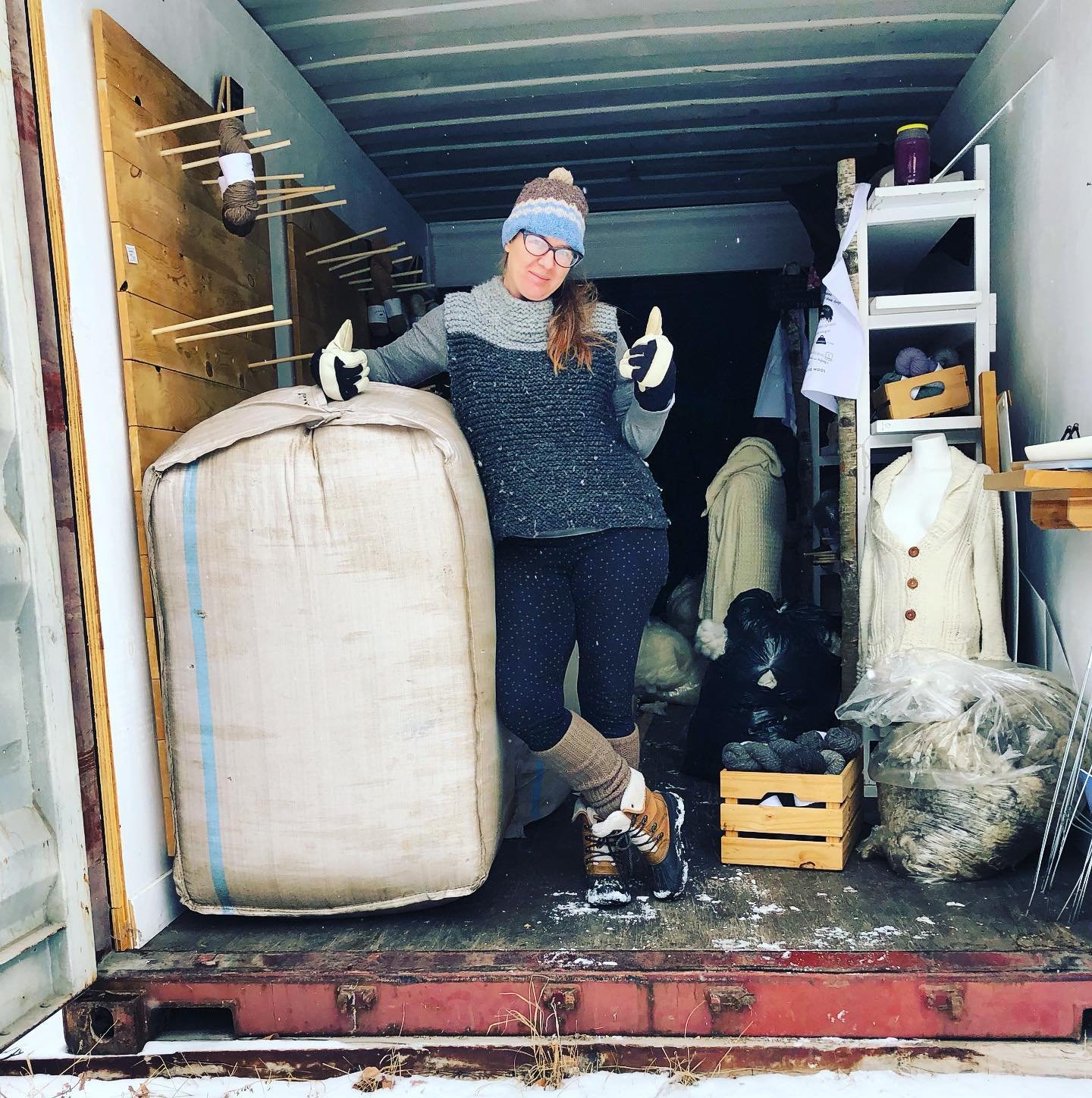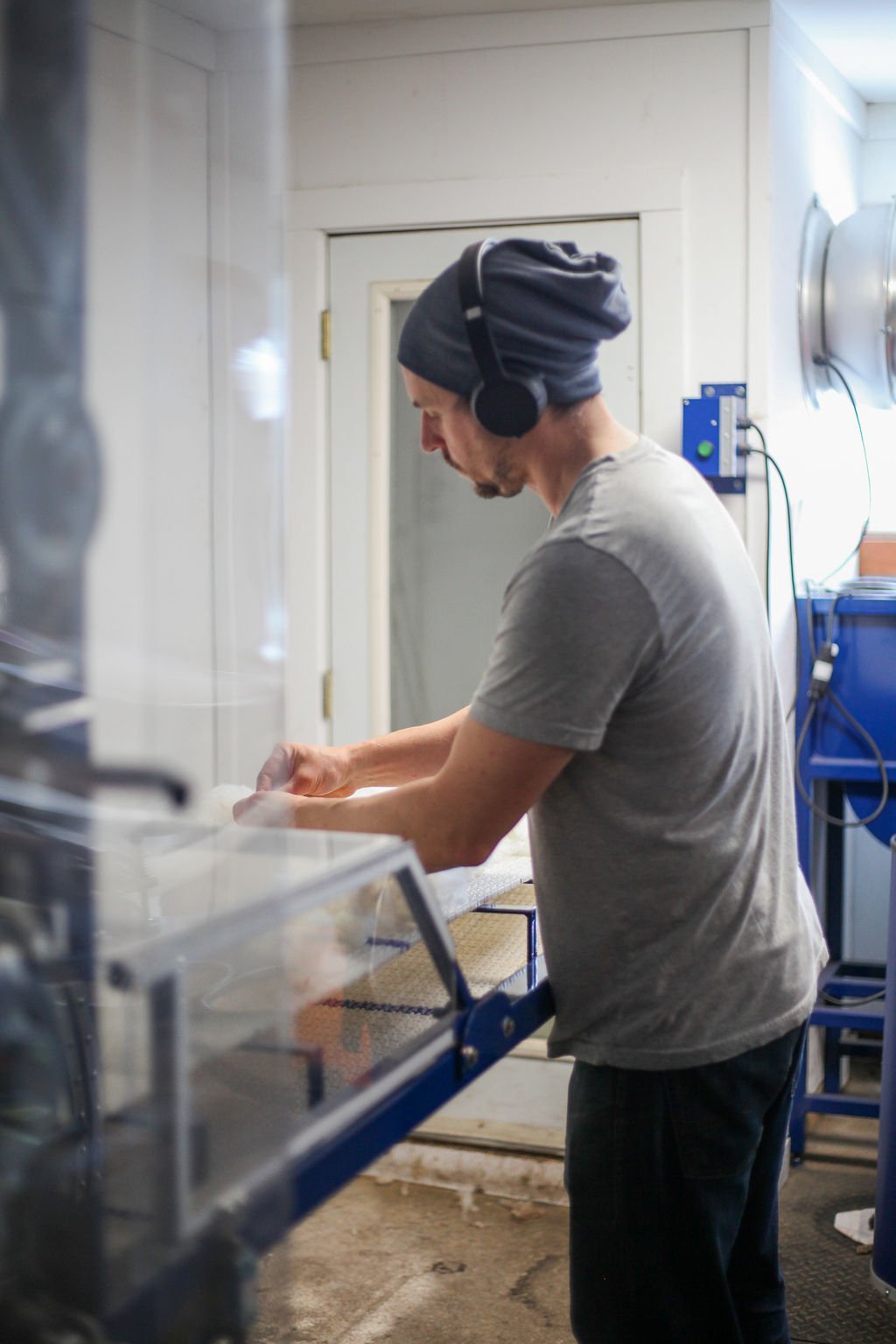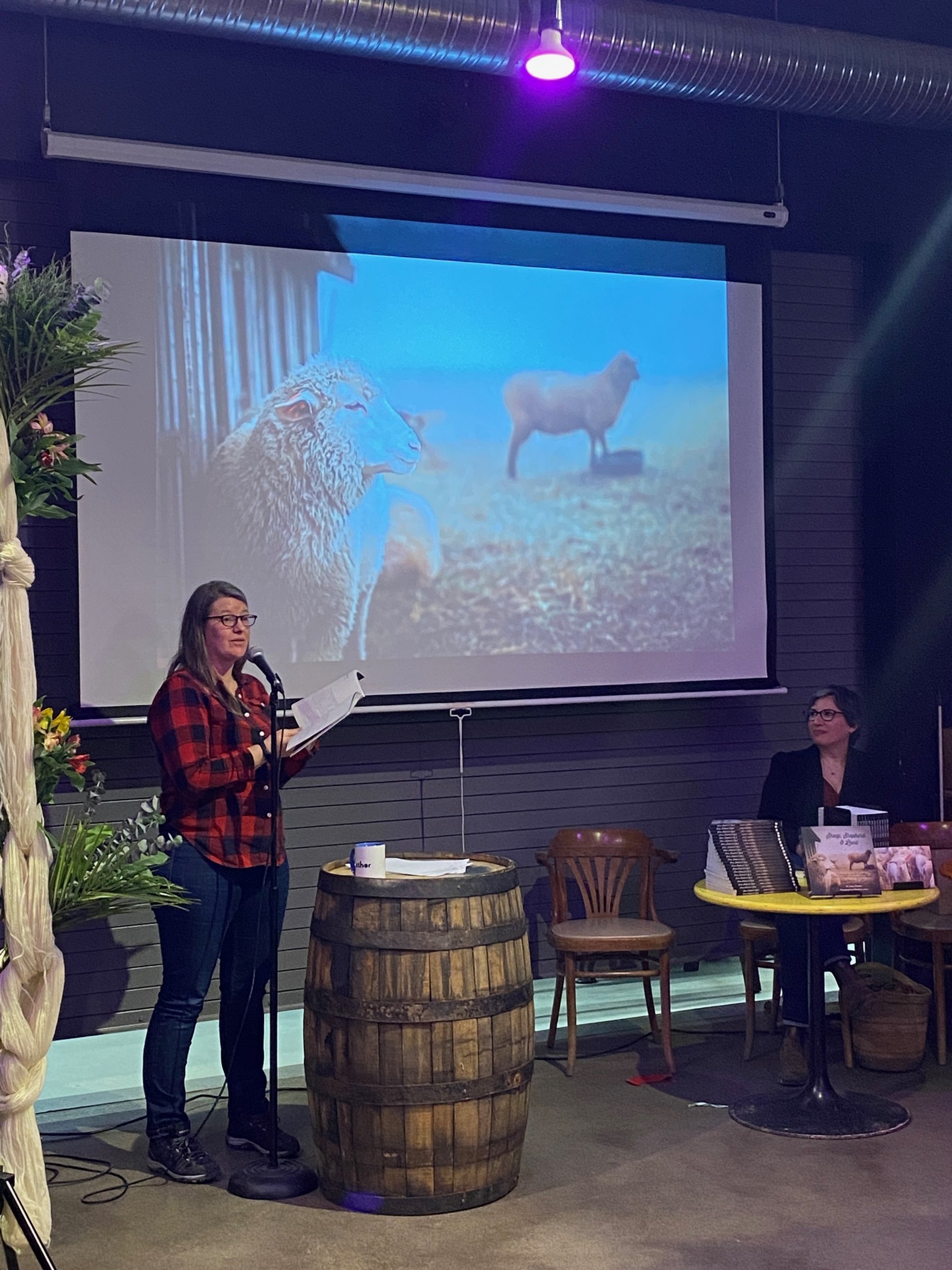As many of you know I’ve been promoting Canadian grown and milled yarn for a very long time - it isn’t a new reaction to tariffs its been a long-time commitment to a local fibre economy and to building up regenerative wool value chains in our own communities. I am not motivated out of a sense of national pride, but out of an environmental and socially conscious belief that local community development, meaningful work and limited carbon output is necessary for our long-term viability on this planet with limited resources. I believe that we need a long-term investment in infrastructure for our textile and wool industry - and I hope that this moment of looking inward will bring about that investment in our own industry.
So here we go - where to find Canadian wool and yarn.
If you want a truly 100% Canadian wool yarn - meaning it was grown by Canadian sheep farmers and milled by Canadian workers in a Canadian mill your options will be limited, but there are some incredible places to find it. I encourage you to check out the province by province database on www.canadianwool.org (a national non-profit that I started a few years ago that works to advocate for Canadian sheep & wool) .
This list includes sheep farmers, mills and wool brokers and we have a list of certified wool partners here - you can guarantee that this is 100% Canadian wool.
These farmers and mills are the BEST option for investing in your local wool economy. And we/they have been trying to promote their products and the impact of local wool production for years. I’ve made a large list here of local wool/fibre producers - but I’m not going to include links because that would take an AWFUL lot of time and I have sheep to feed and wool to mill - so I encourage you to look them up yourself. (If you want to be on this list send me an email - your ommission is only a function of my time and brain capacity)
Once we go beyond the farmers and mills that have a fully traceable supply chain it gets a little more complicated to understand what is truly Canadian. Over the past 150 years our ability to grow and manufacture everything we consume has changed - the regional self-sufficiency model was replaced by off-shore labour and manufacturing at a reduced cost which meant higher profits - some believe this is an infinitely better system (and we can debate that later). But it explains why we don’t have the capacity to manufacture what we grow domestically.
The majority of the wool yarn that you purchase at large chain stores (michael’s/walmart) and even at your small LYS is comprised of wool that was grown off-shore. Most of the Merino is grown in Australia, but other popular wool yarn brands contain wool from Peru, China, Italy, South Africa and more.
It is sold and bought on the commodity market and categorized by breed, staple length, micron count etc. It is then cleaned and carded in mills - most of these are in China (they are the worlds largest wool manufacturer) and then the carded wool top is usually shipped to other mills where it is spun into yarn. Here is where you have to do a bit of digging and research to understand where that spinning happens.
I encourage you to reach out to your favourite yarn companies and ask them where the processing happens - not because you want to avoid USA products - but because we need to normalize this type of transparency in the wool value chain. (Also, I encourage you to buy my True Cost of Wool book that is coming out in September 2025 because I dive into this in a more meaningful way).
Most of the Indy-dyed or hand dyed yarn is wool grown, cleaned and carded elsewhere, but spun in a large mill in Ontario. The wool is not Canadian and only part of the production is done in Canada, and then the dyeing is happening by entrepreneurs and creatives in Canada.
The big box yarn brands that are spun in a mill in Canada but using wool and fibres sourced elsewhere include:
Bernat, Patons, Lily Sugar and Cream, Coats & Clarke, Caron, Phentex
Then we have the individual yarn brands that are distributed by a Canadian distributor but the ENTIRE process and raw materials happen elsewhere include (some of these may be US companies but distributed by a Canadian company):
Berroco, Estelle, Lang, BC Garn, Erika Night, Manos Del Uruguay, Lano Gato, Nordik Yarn
(I know this isn’t an exhaustive list - but I encourage you to ask the hard questions of your yarn stores and yarn dyers)
So what does this mean? Well I think it highlights how limited we are for options in our own communities. We have a basically non-existent manufacturing industry for managing and dealing with our 3 million lbs/year of wool grown locally - and our wool has become completely de-valued.
I hope you will reach out to your local sheep farmer or wool mill and shop from them - but not just today when we are all fired up - but we will continue to support our local sheep and fibre farmers. And let us collectively push for more infrastructure to manufacture the products that we want locally - talk with mill owners and industry leaders who have some great ideas on how we can move this forward through strategic planning, environmental regeneration and collaboration.
This was a group of us at the anti-FTAA (free trade area of the americas) protest in Quebec City - I’ve been a long-time advocate for local systems and against unfettered free trade.
If you want to learn a bit more then I recommend you check out some of the work I’ve done in the industry. You can read more here, or here. And if reading isn’t your thing - then maybe check out my online lecture about the True Cost of Wool or the history of wool industry here.
You can support my work and read more indepth writing on my patreon - or just simply check out my online shop here.
